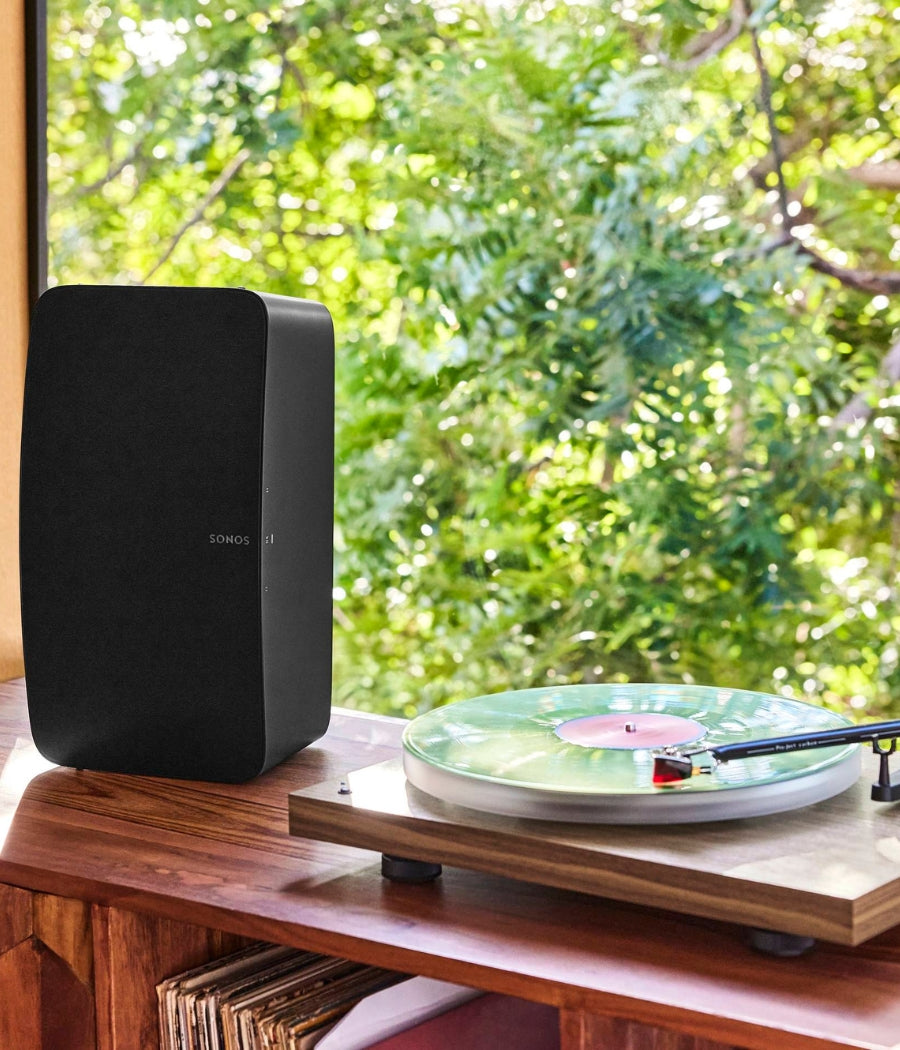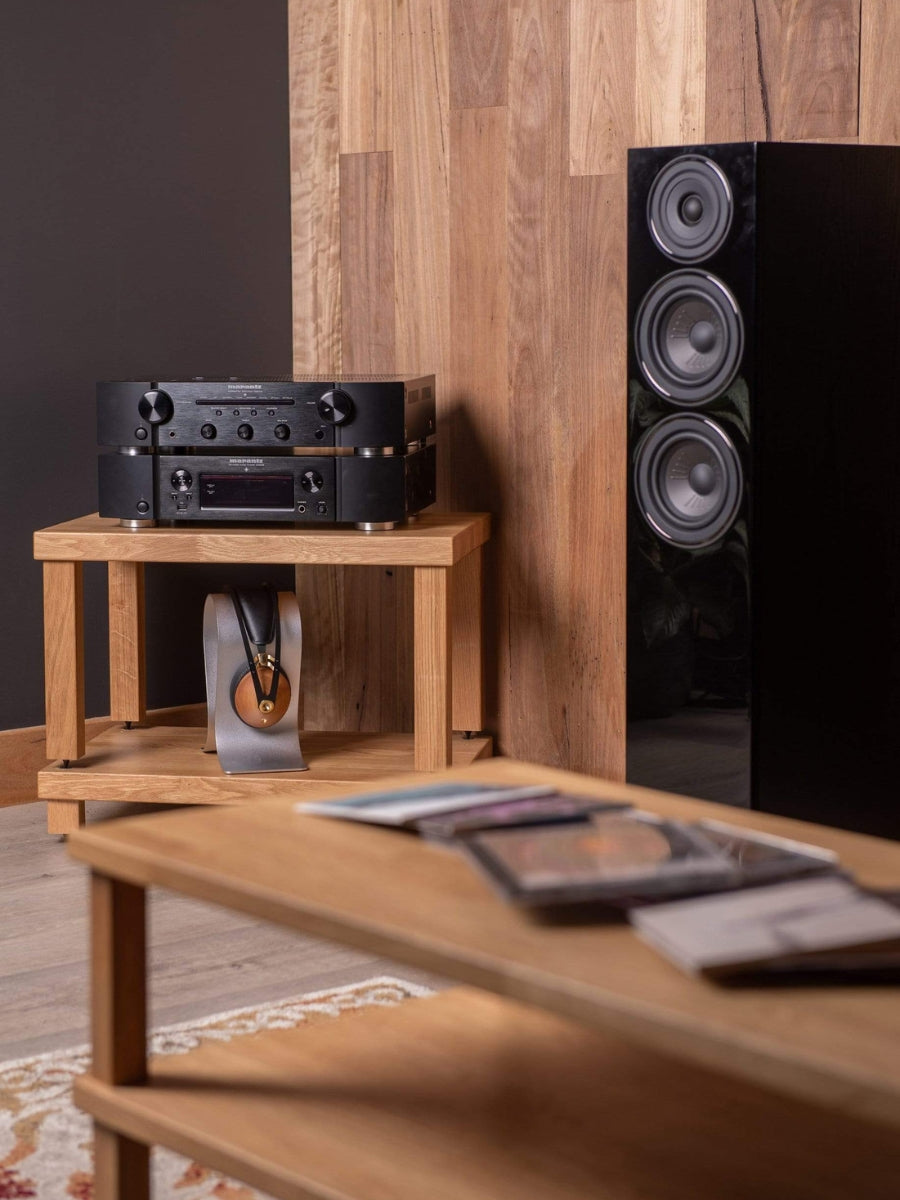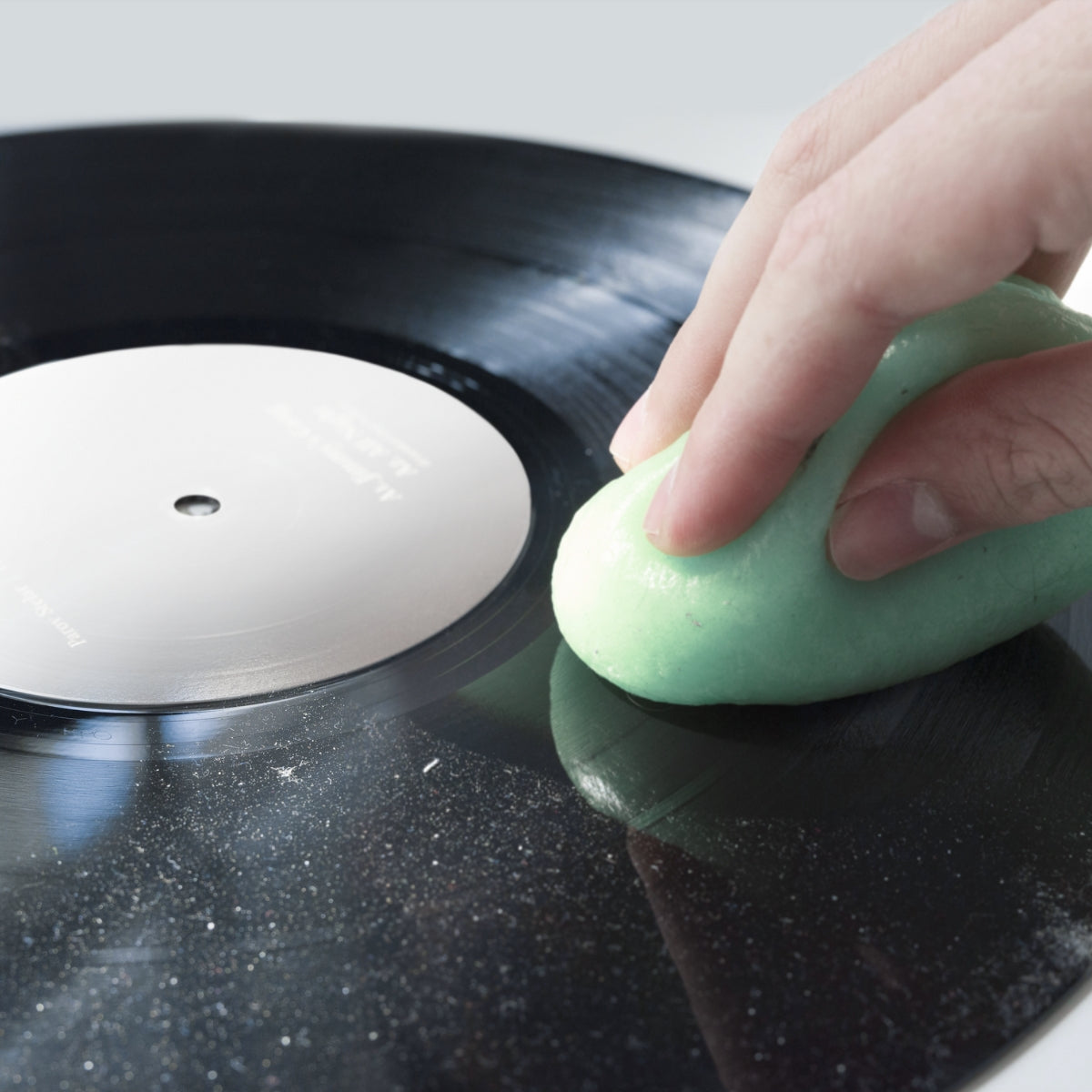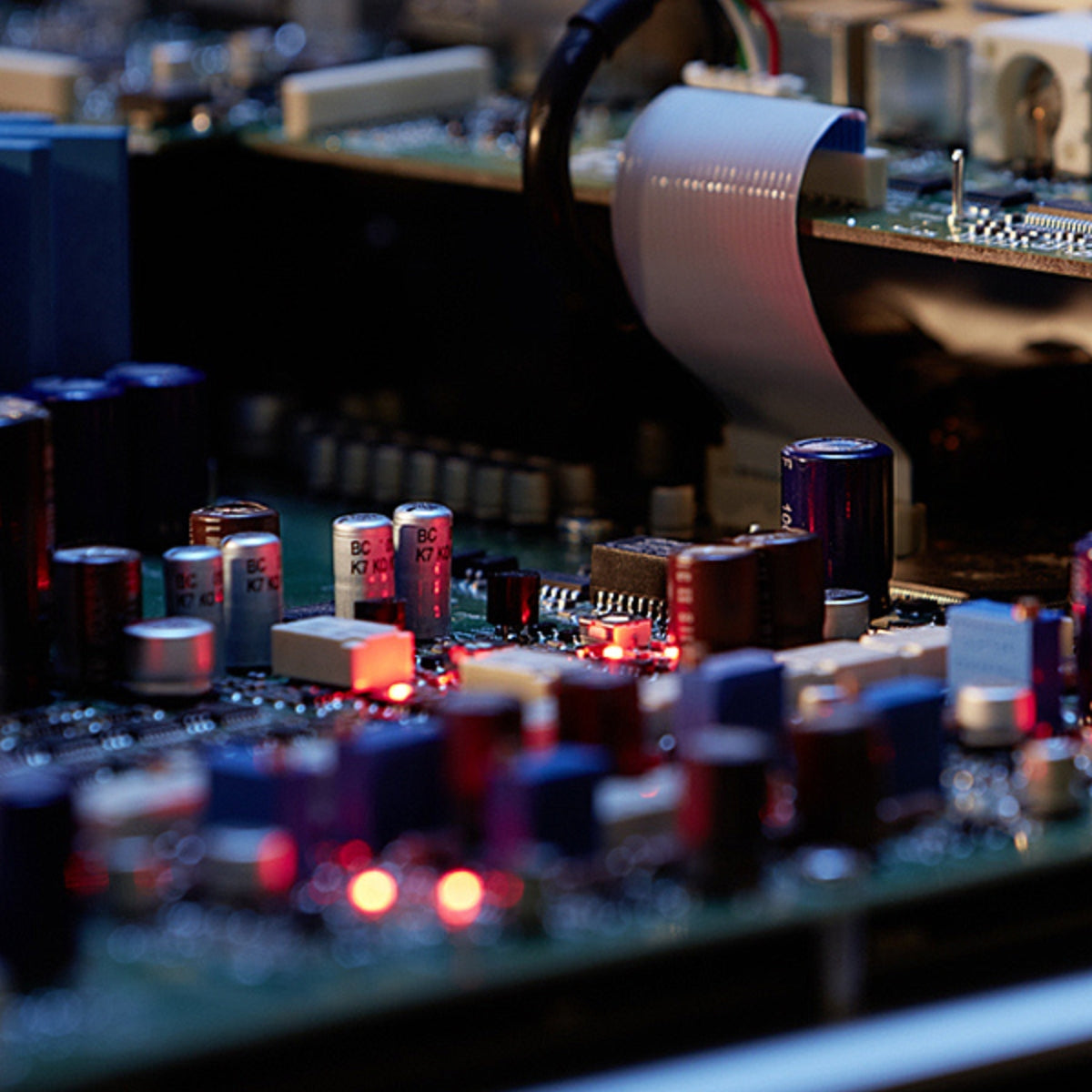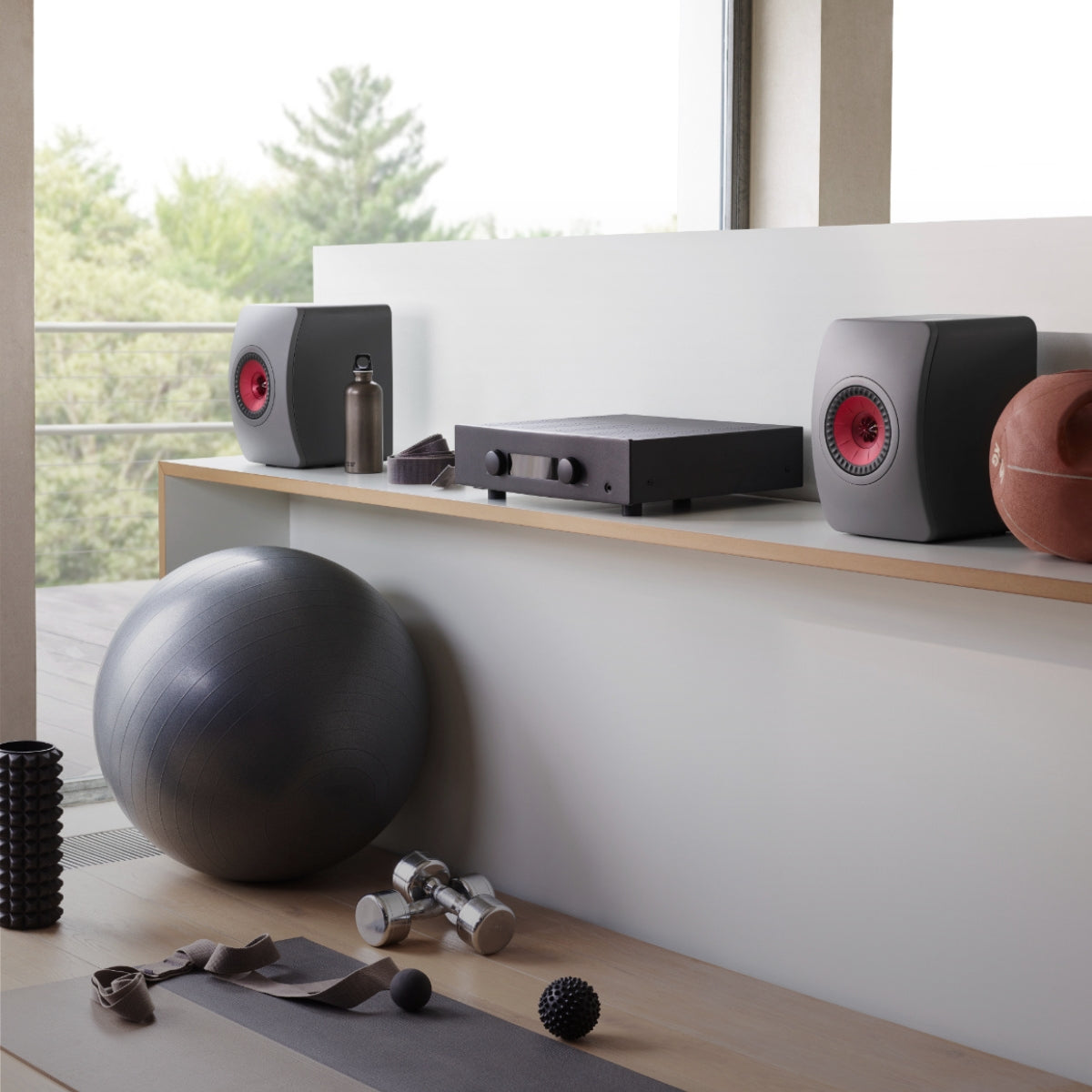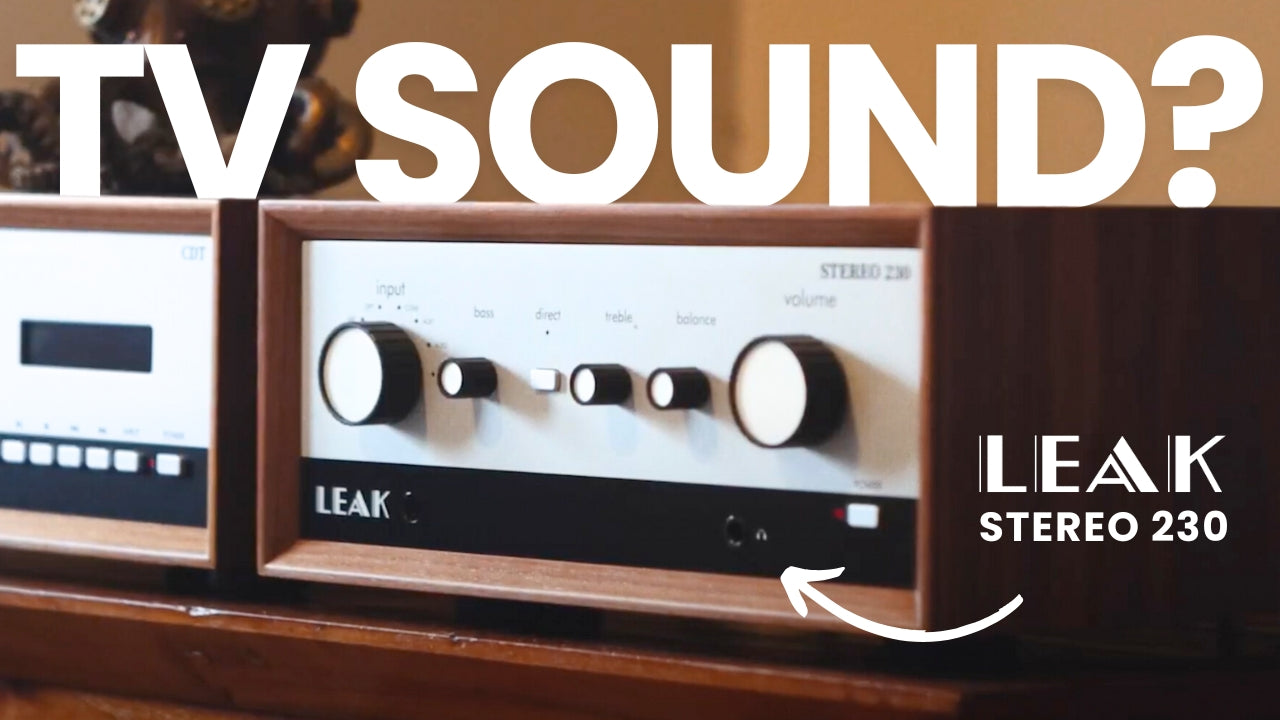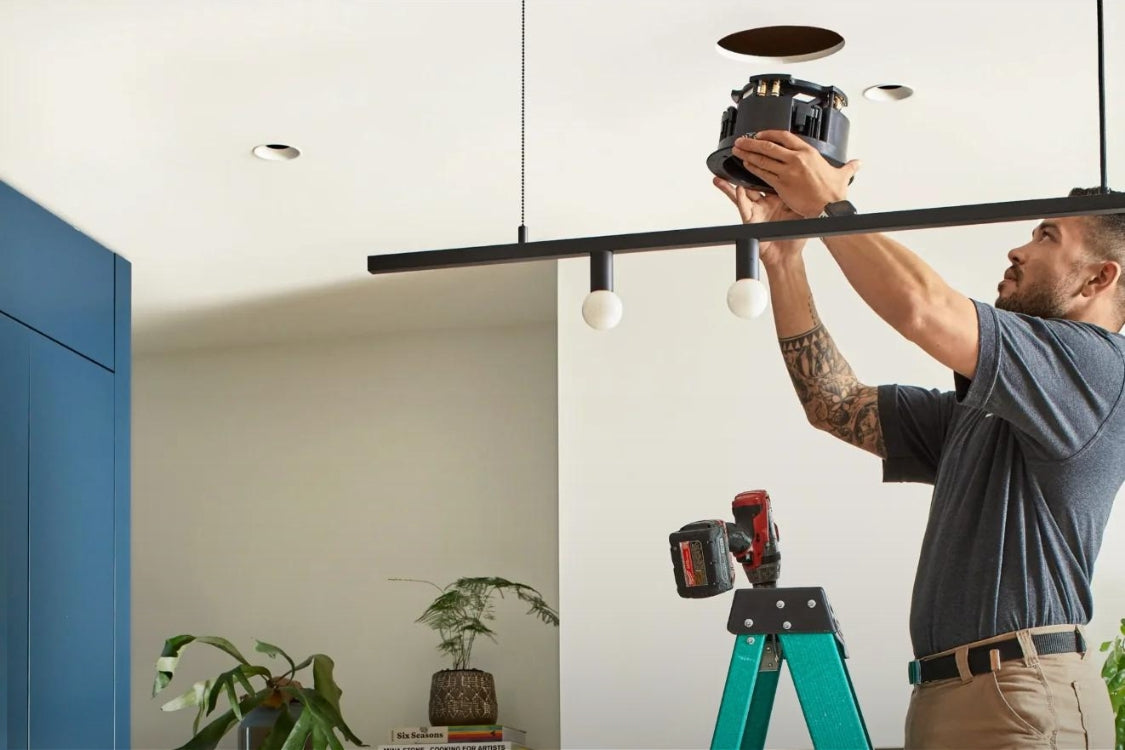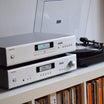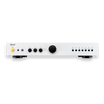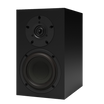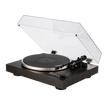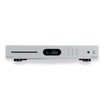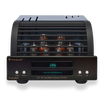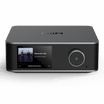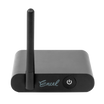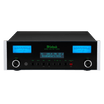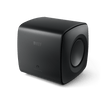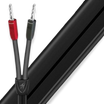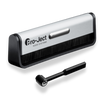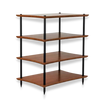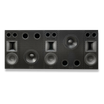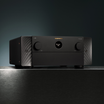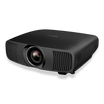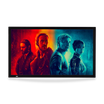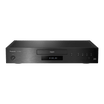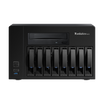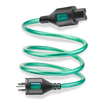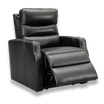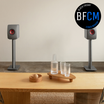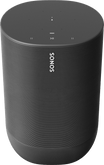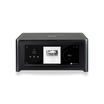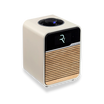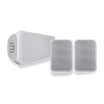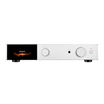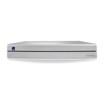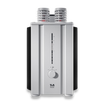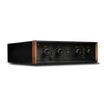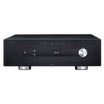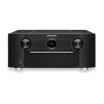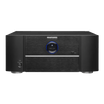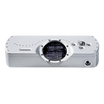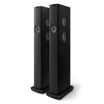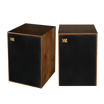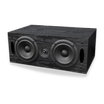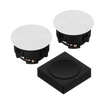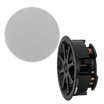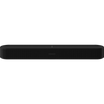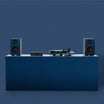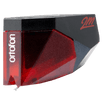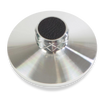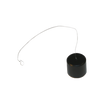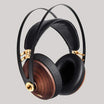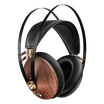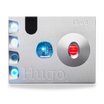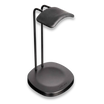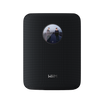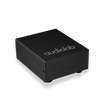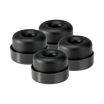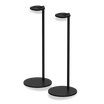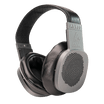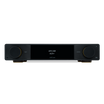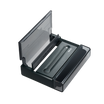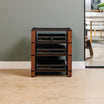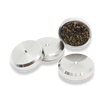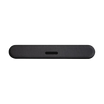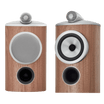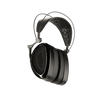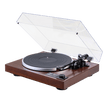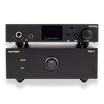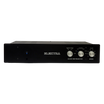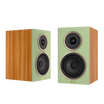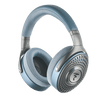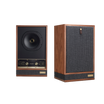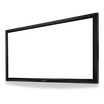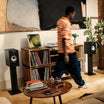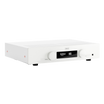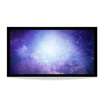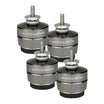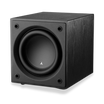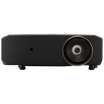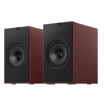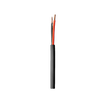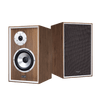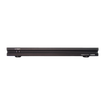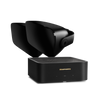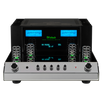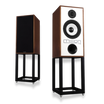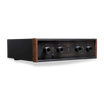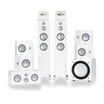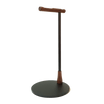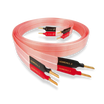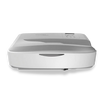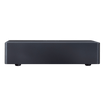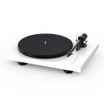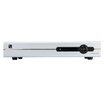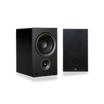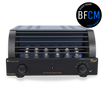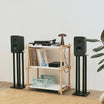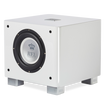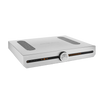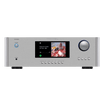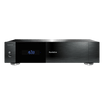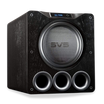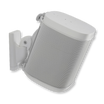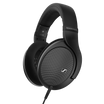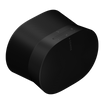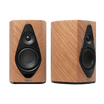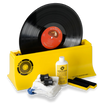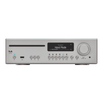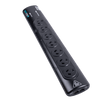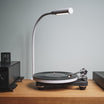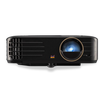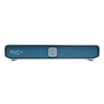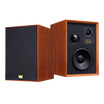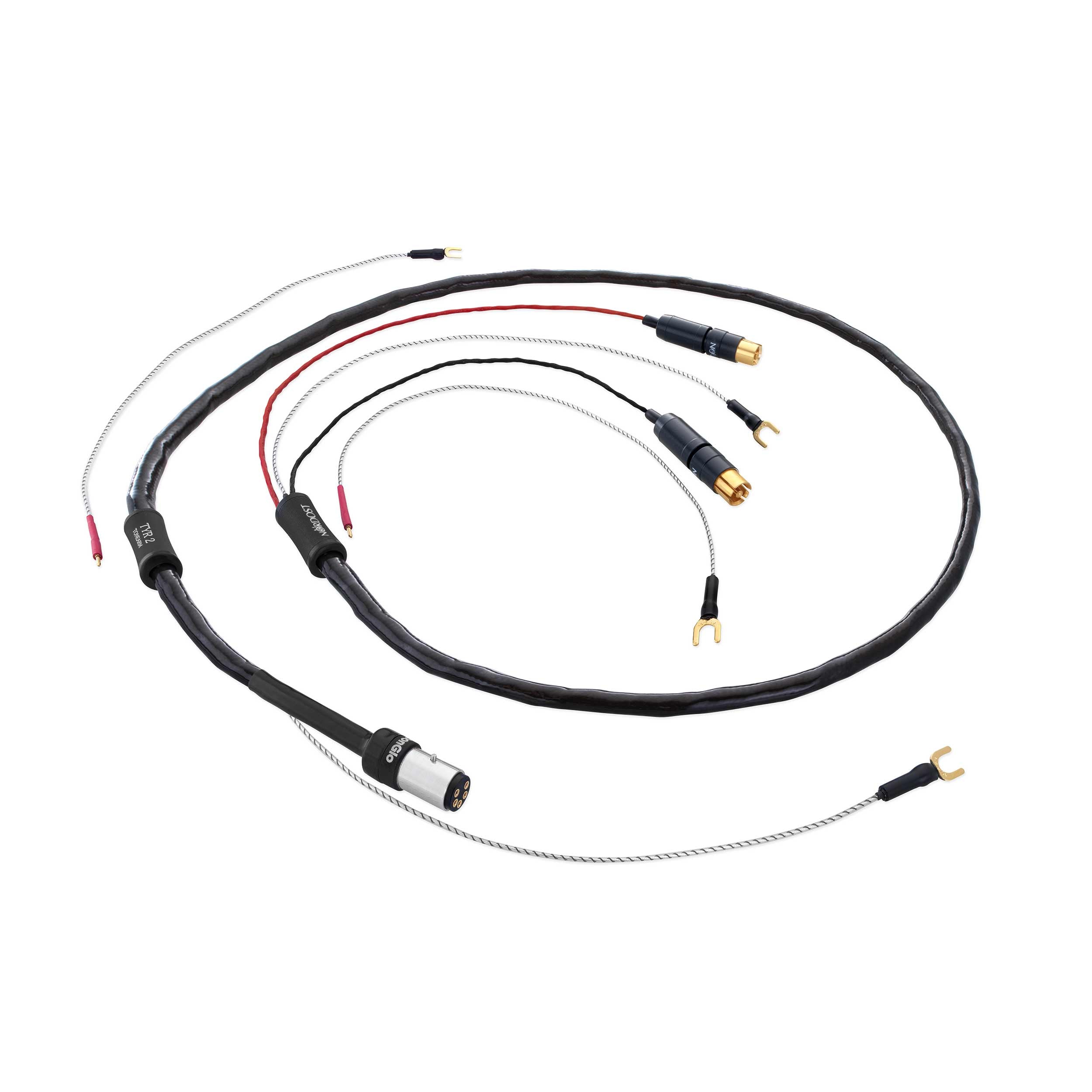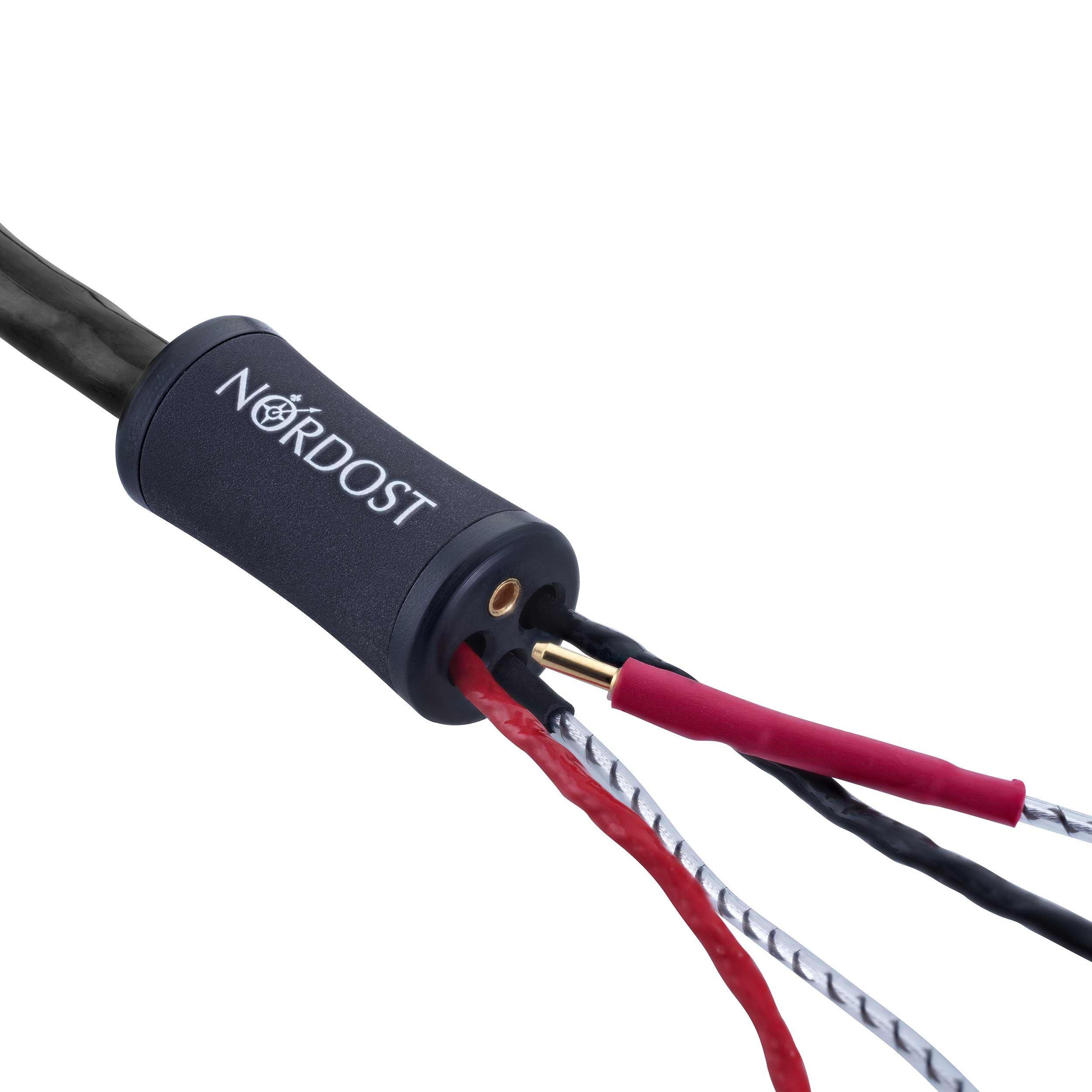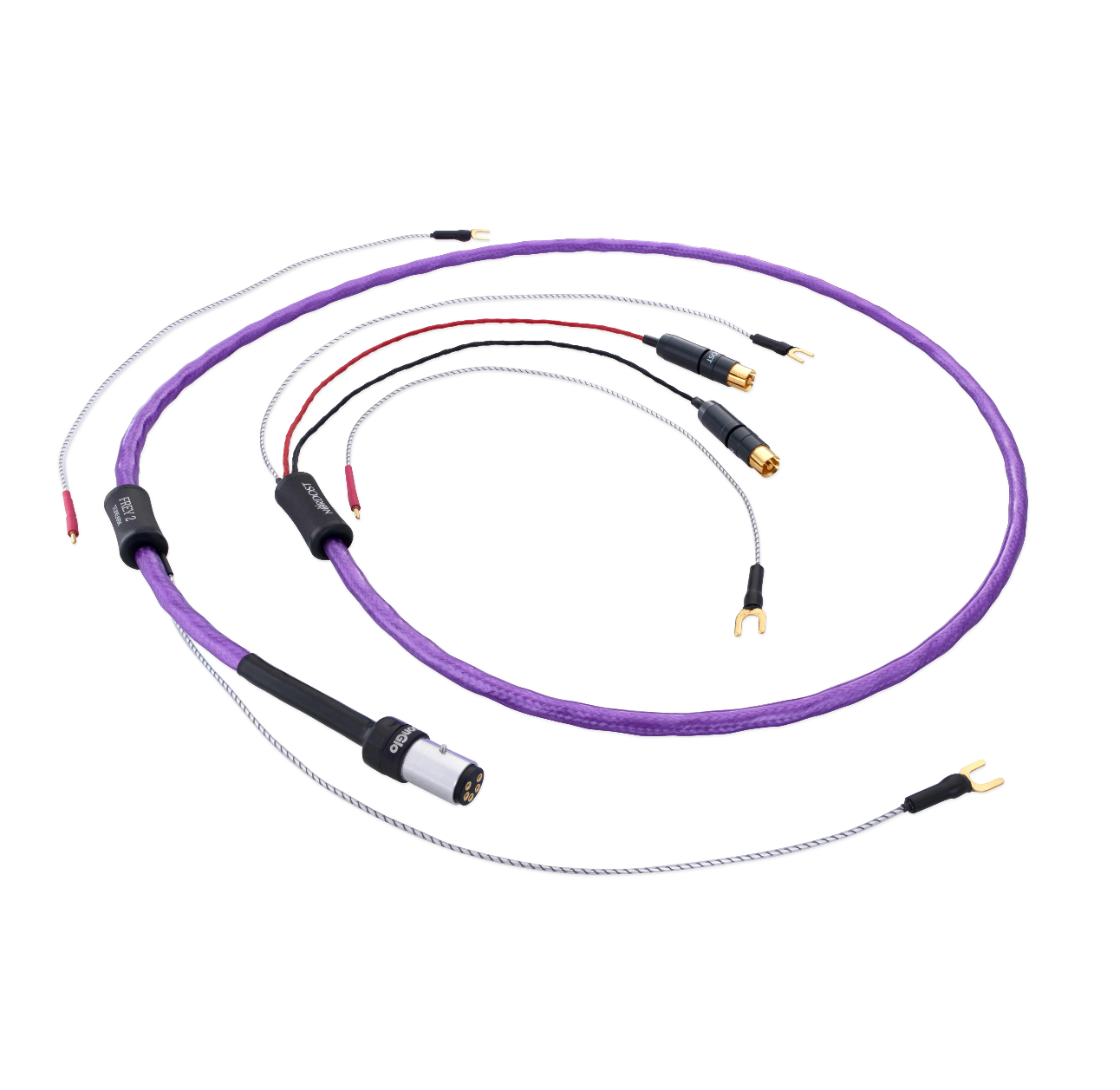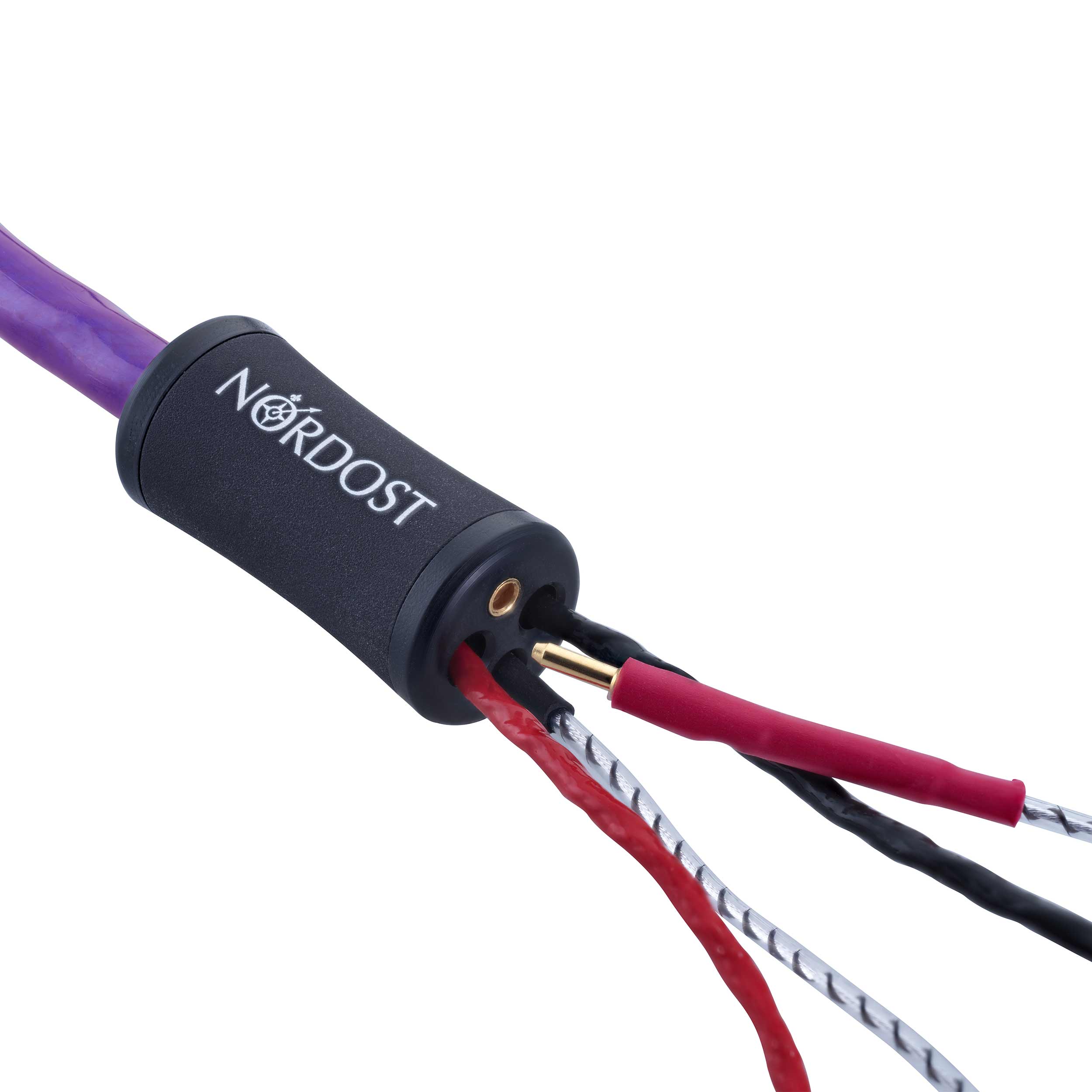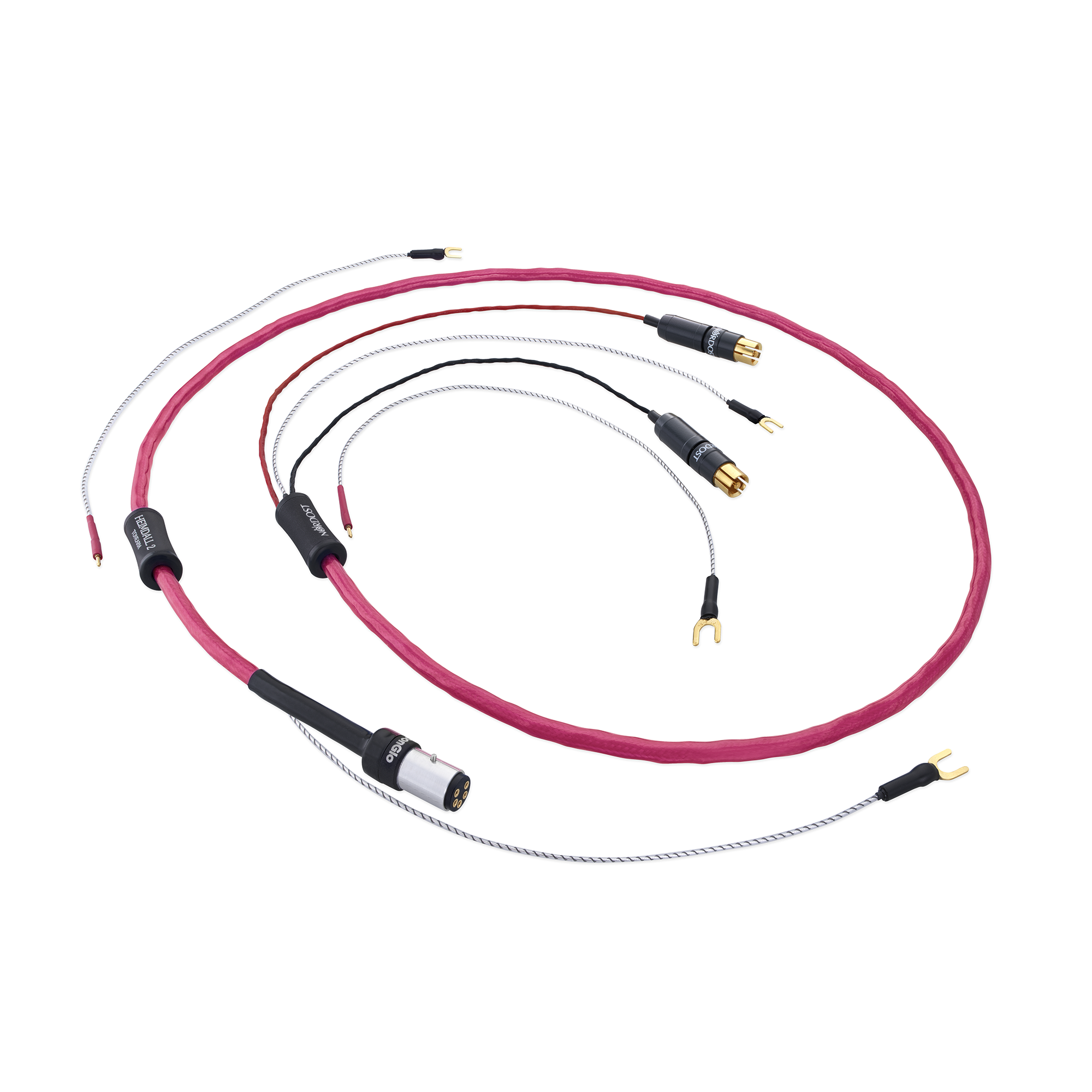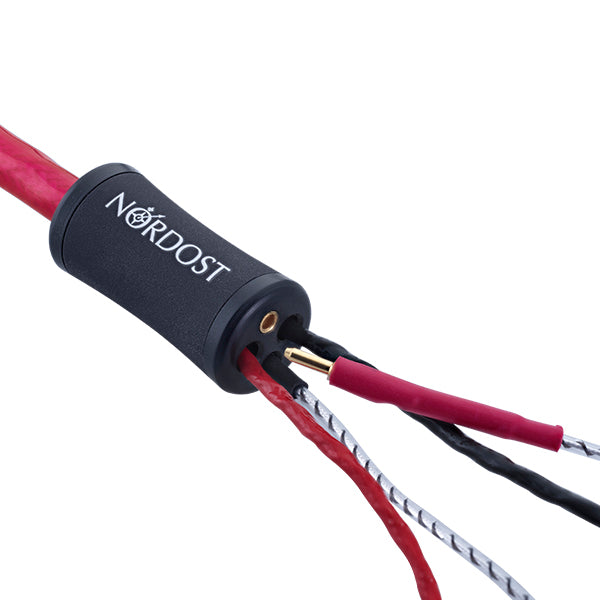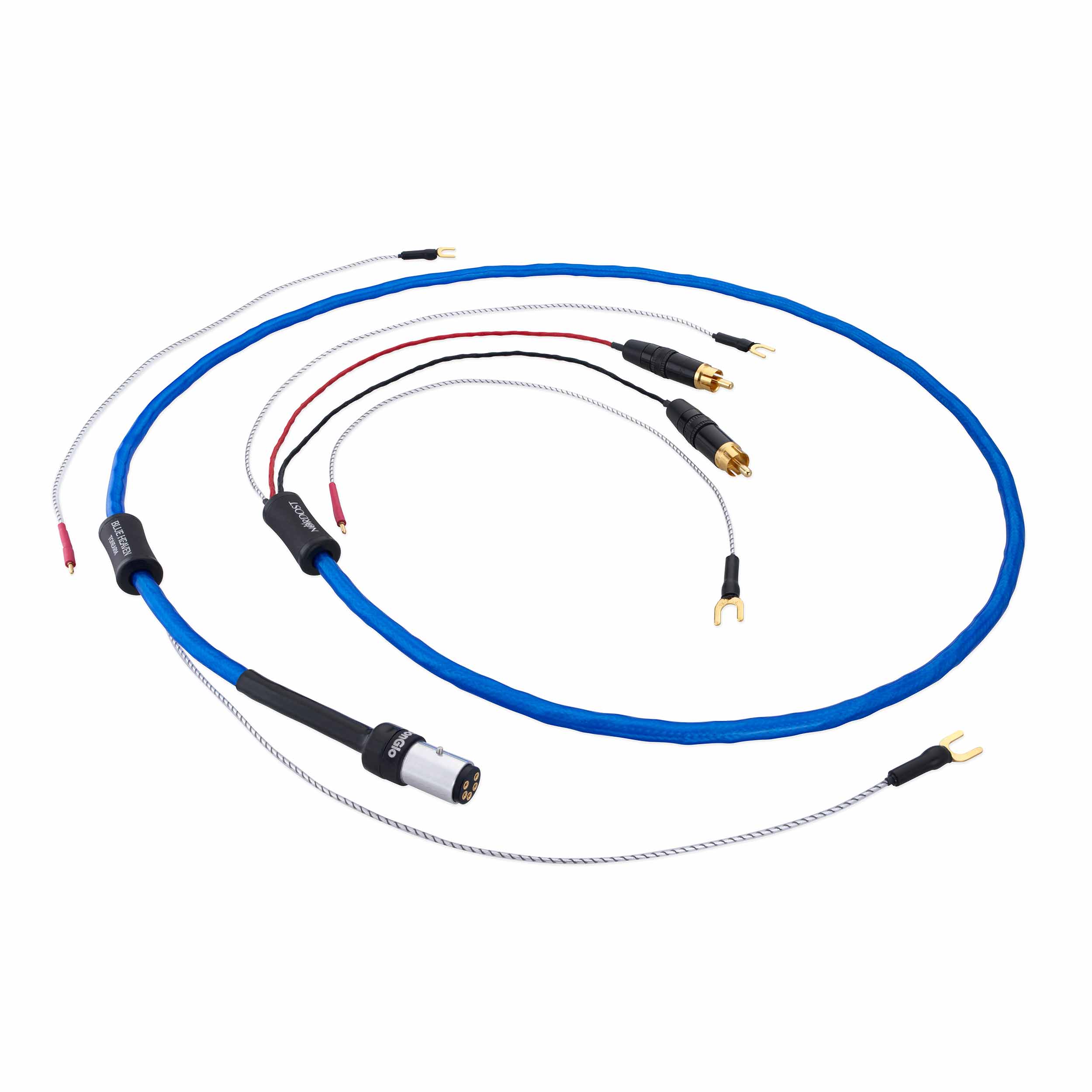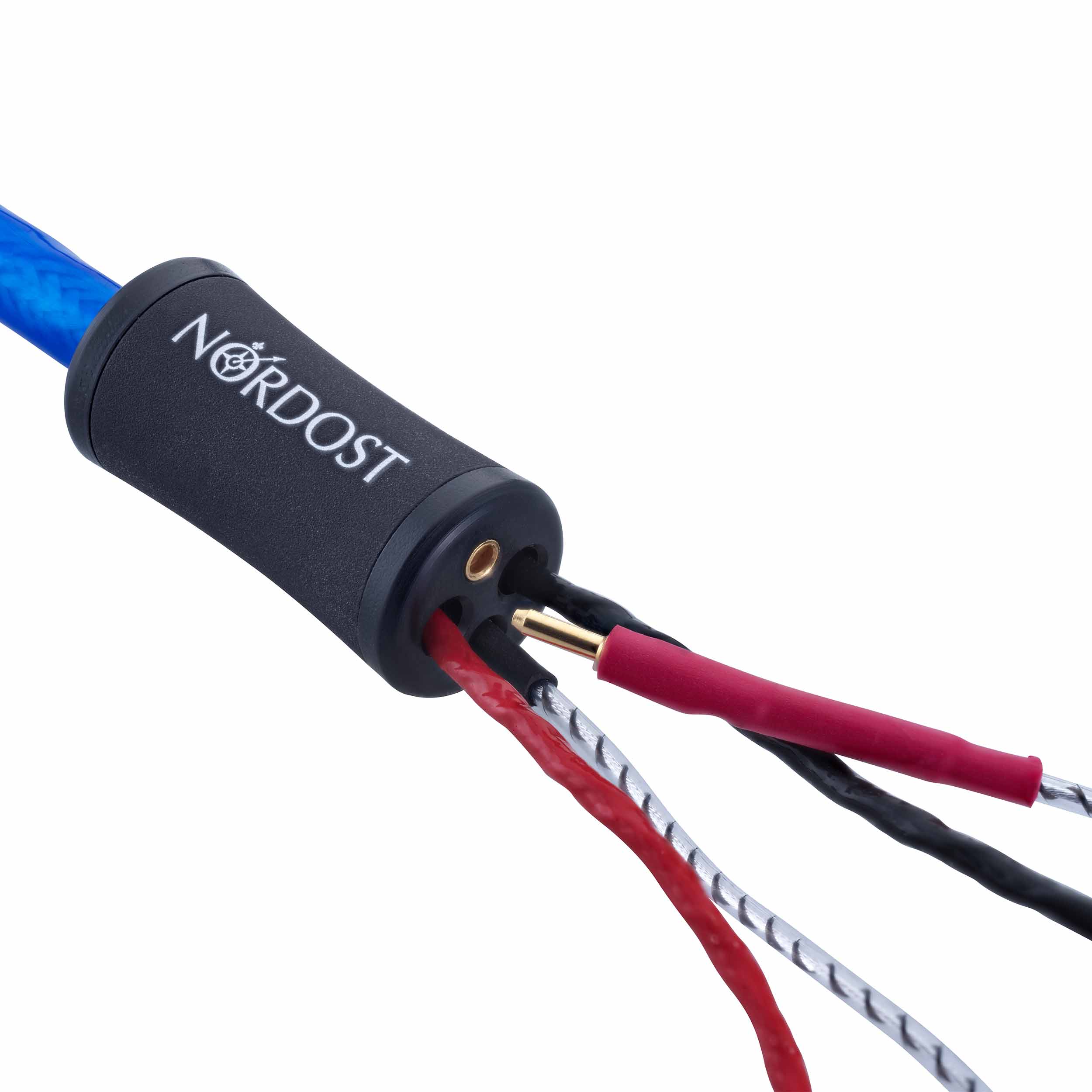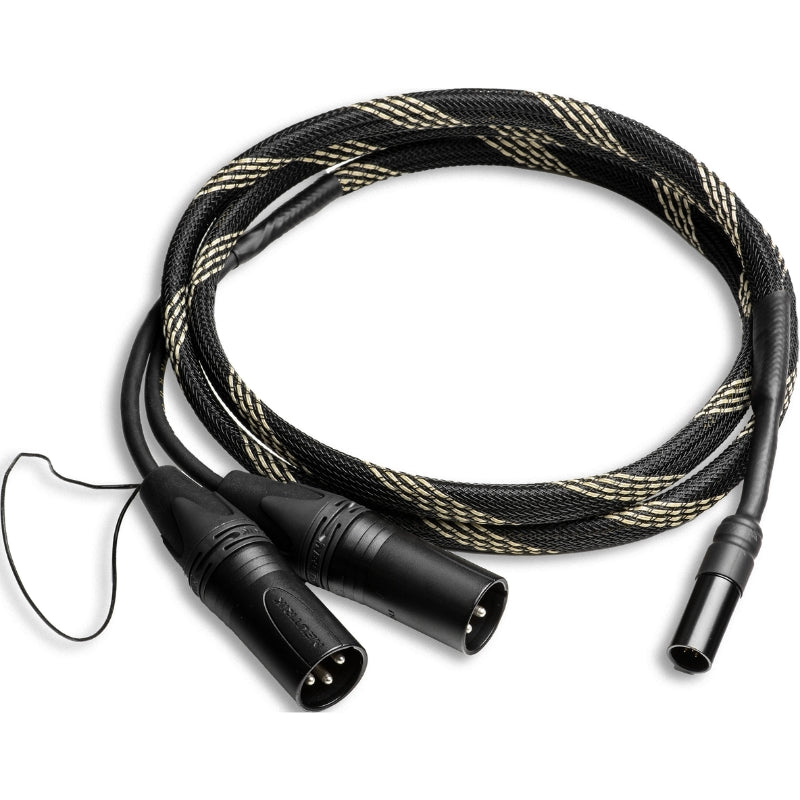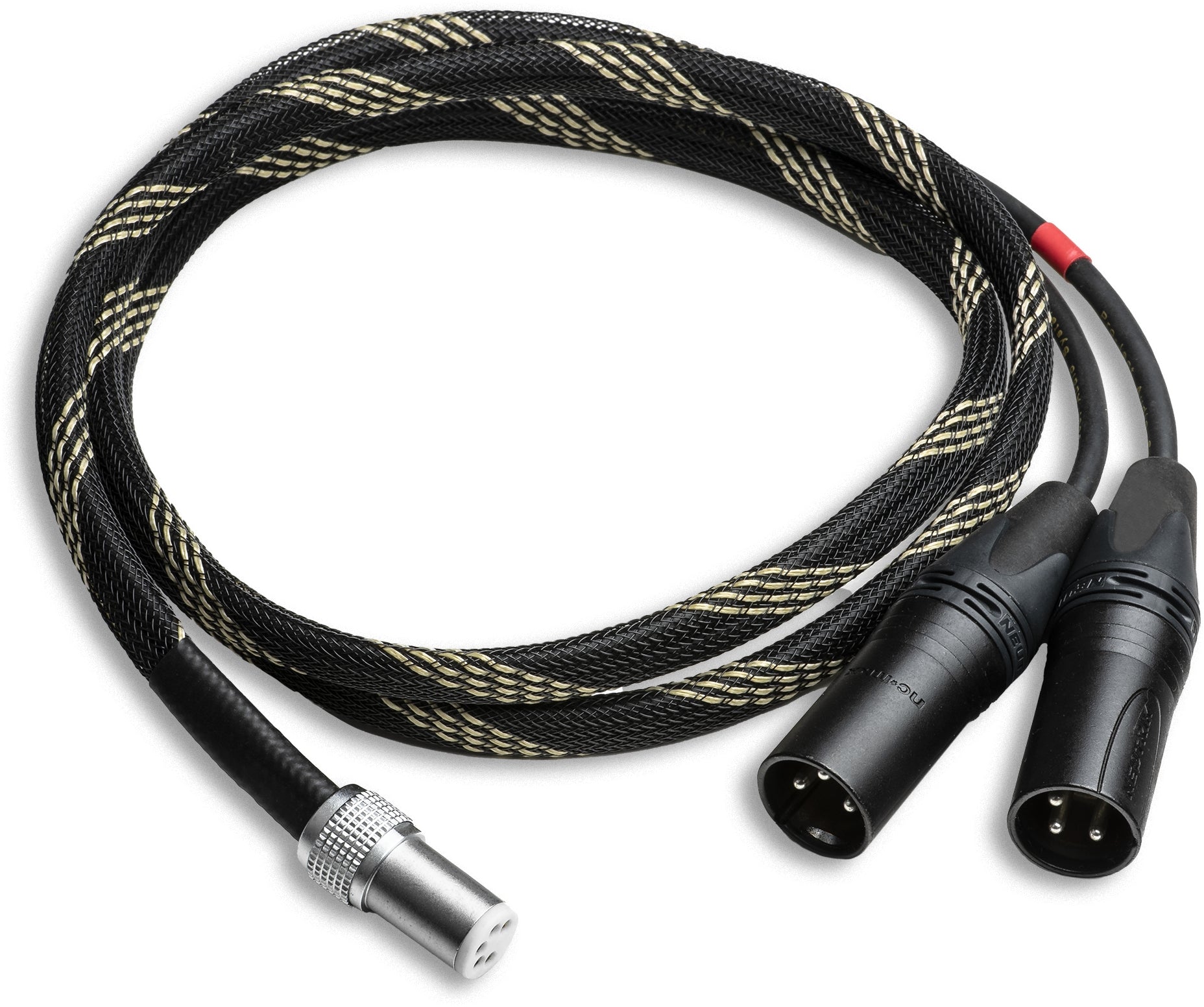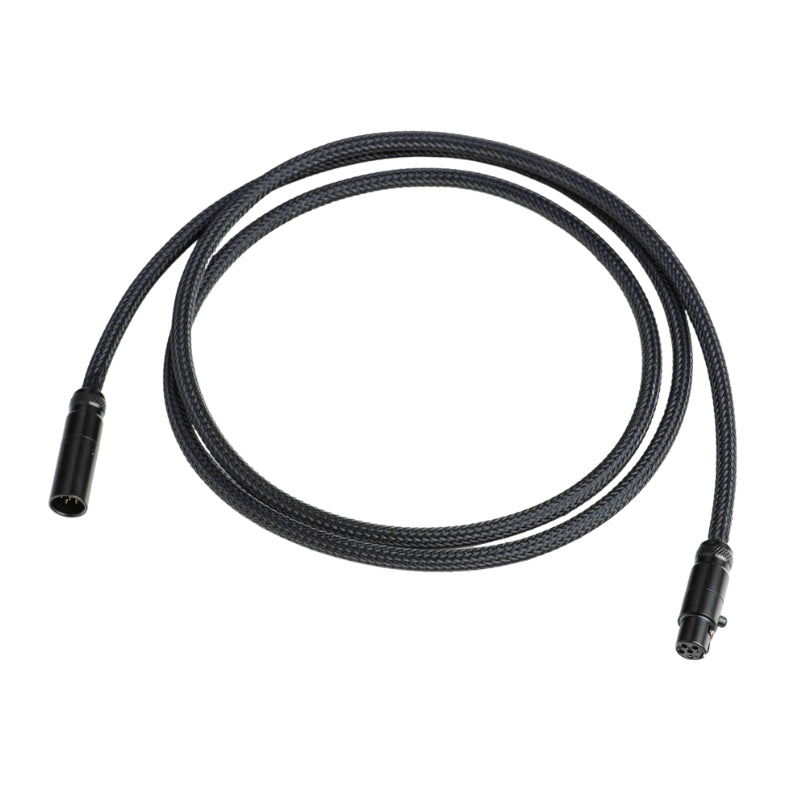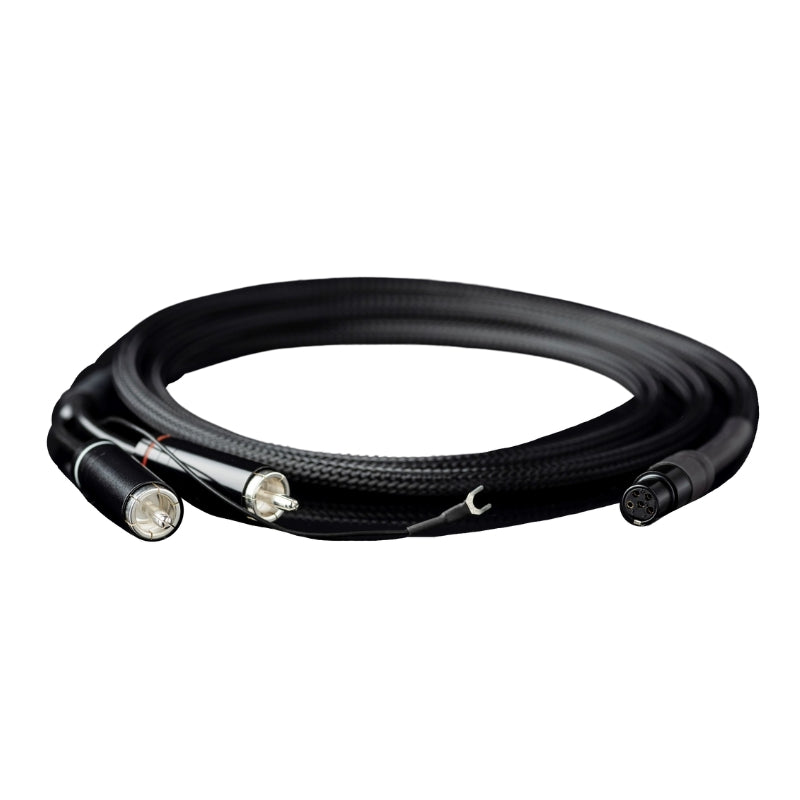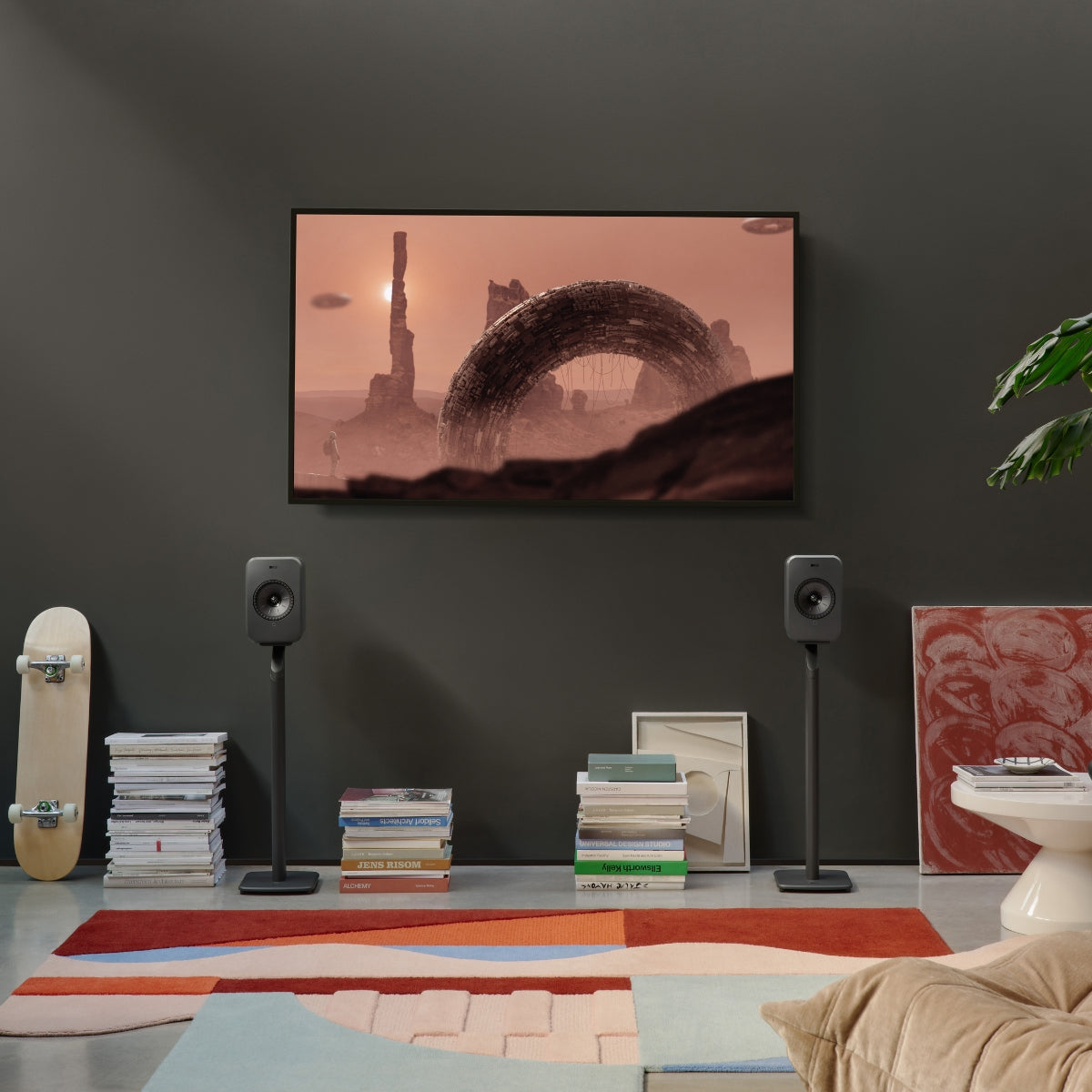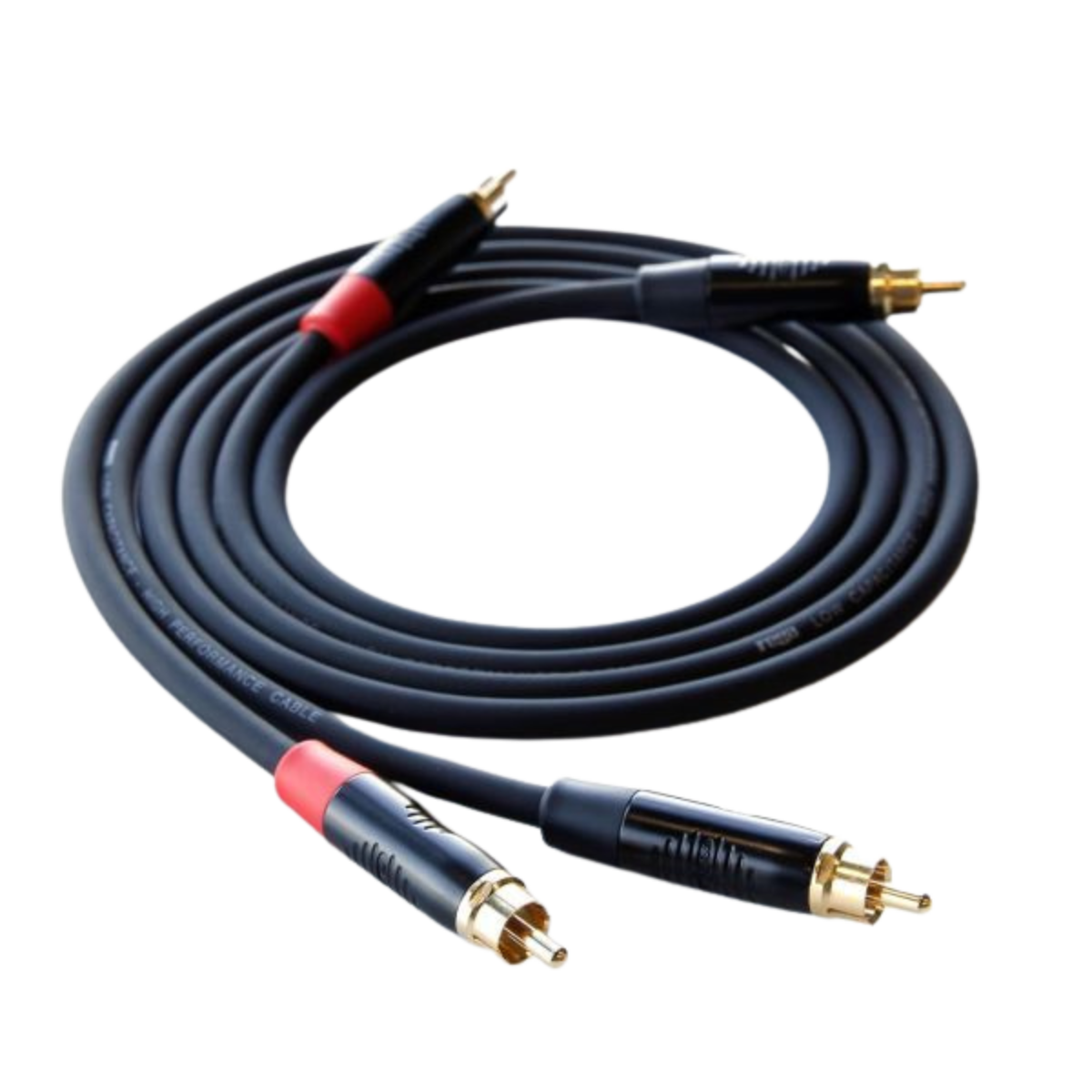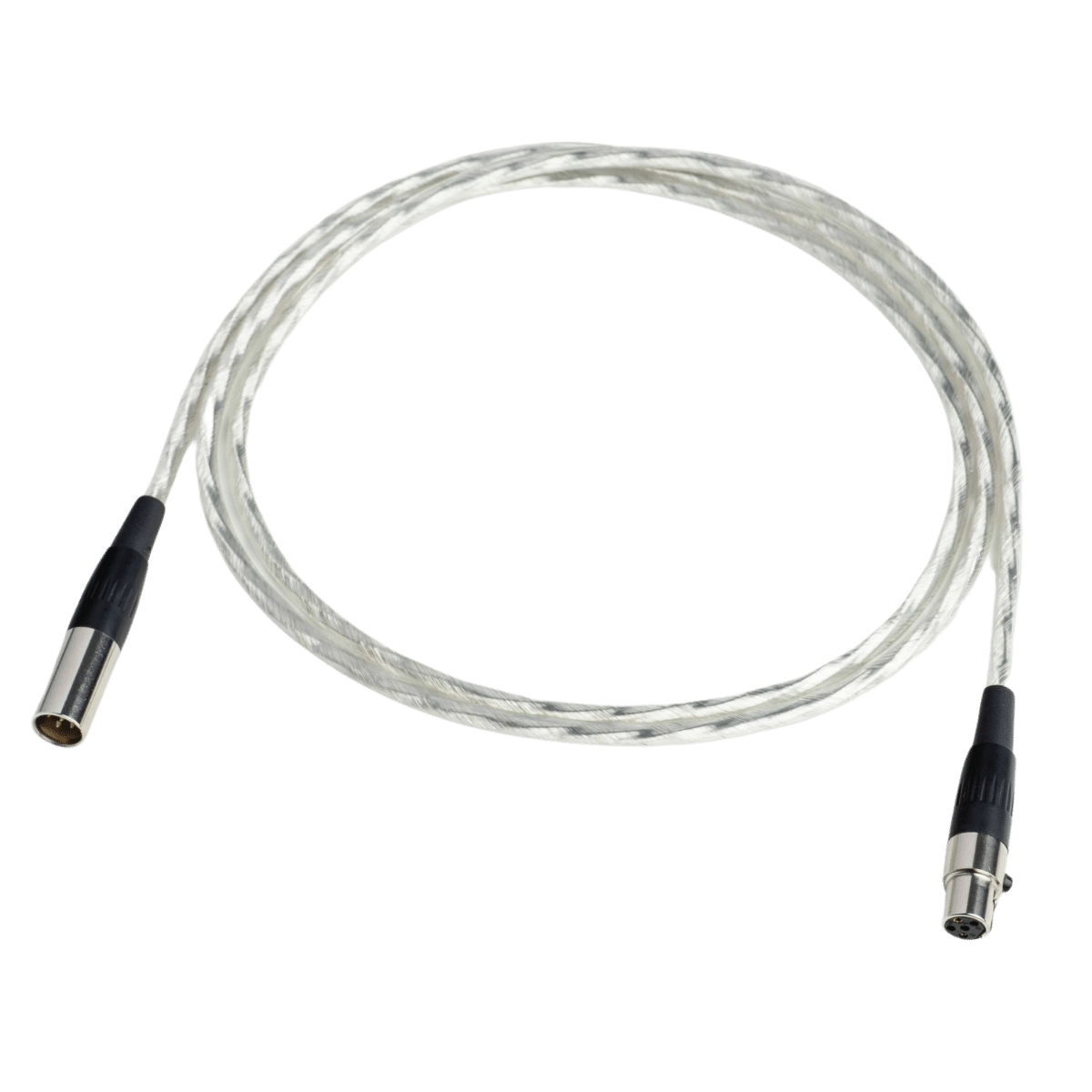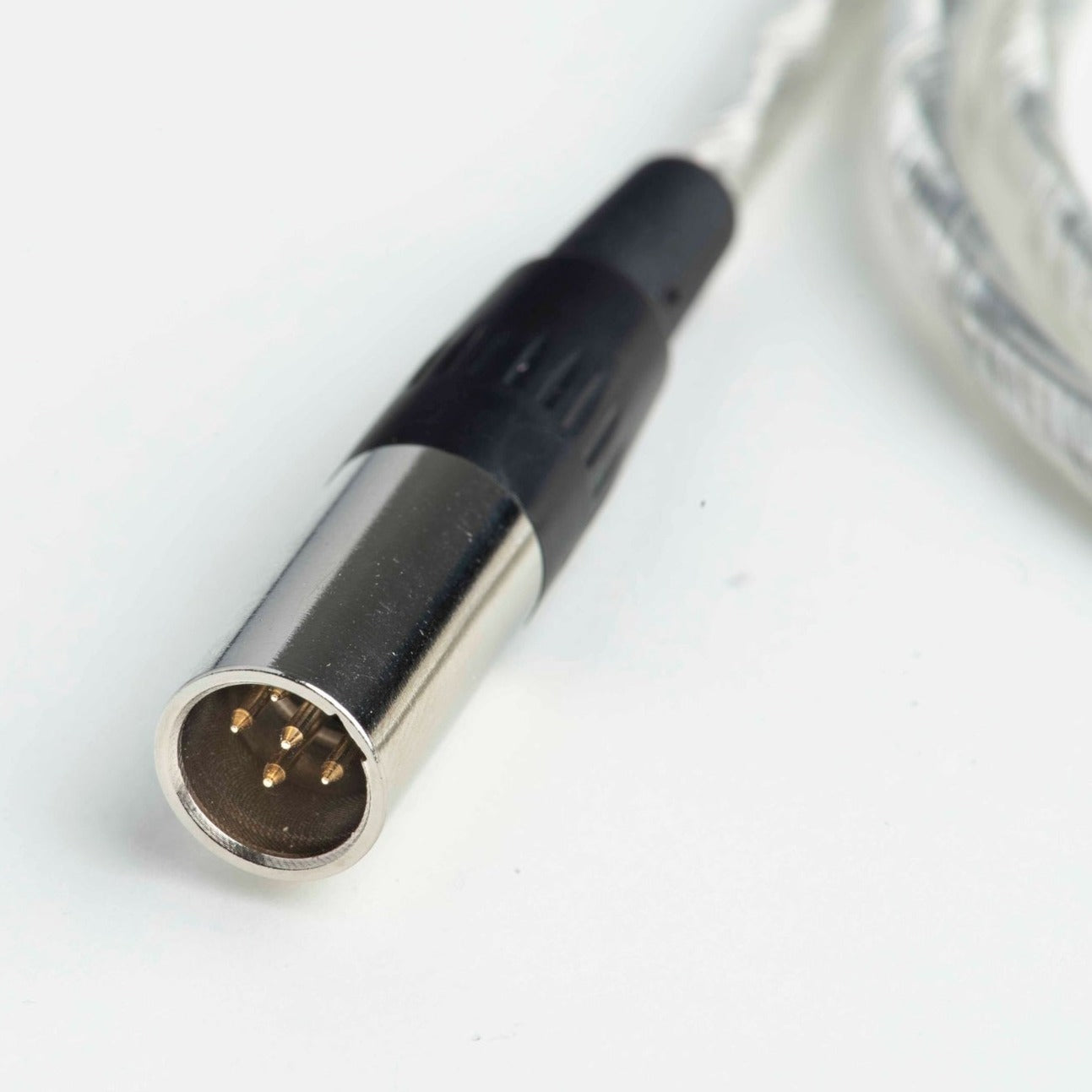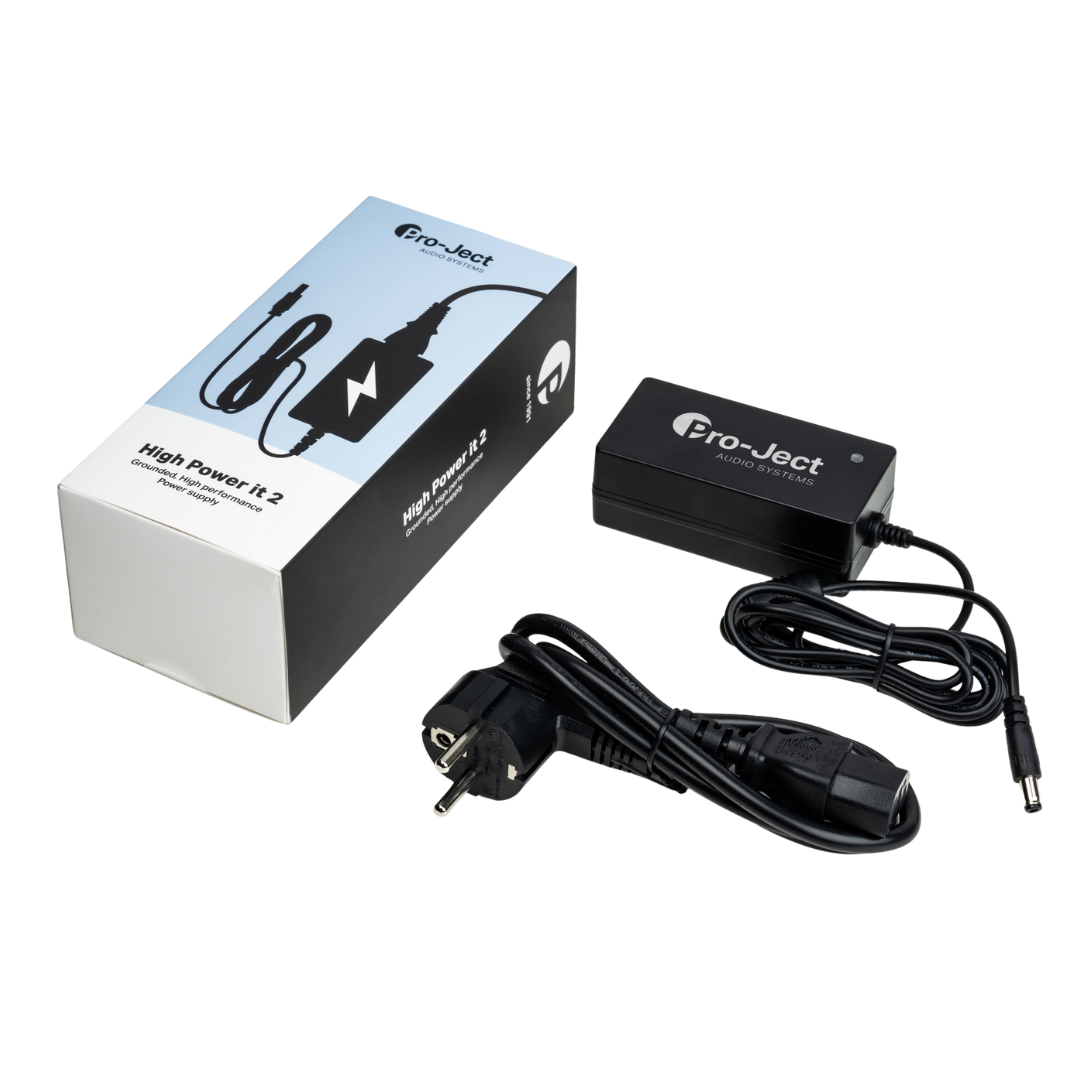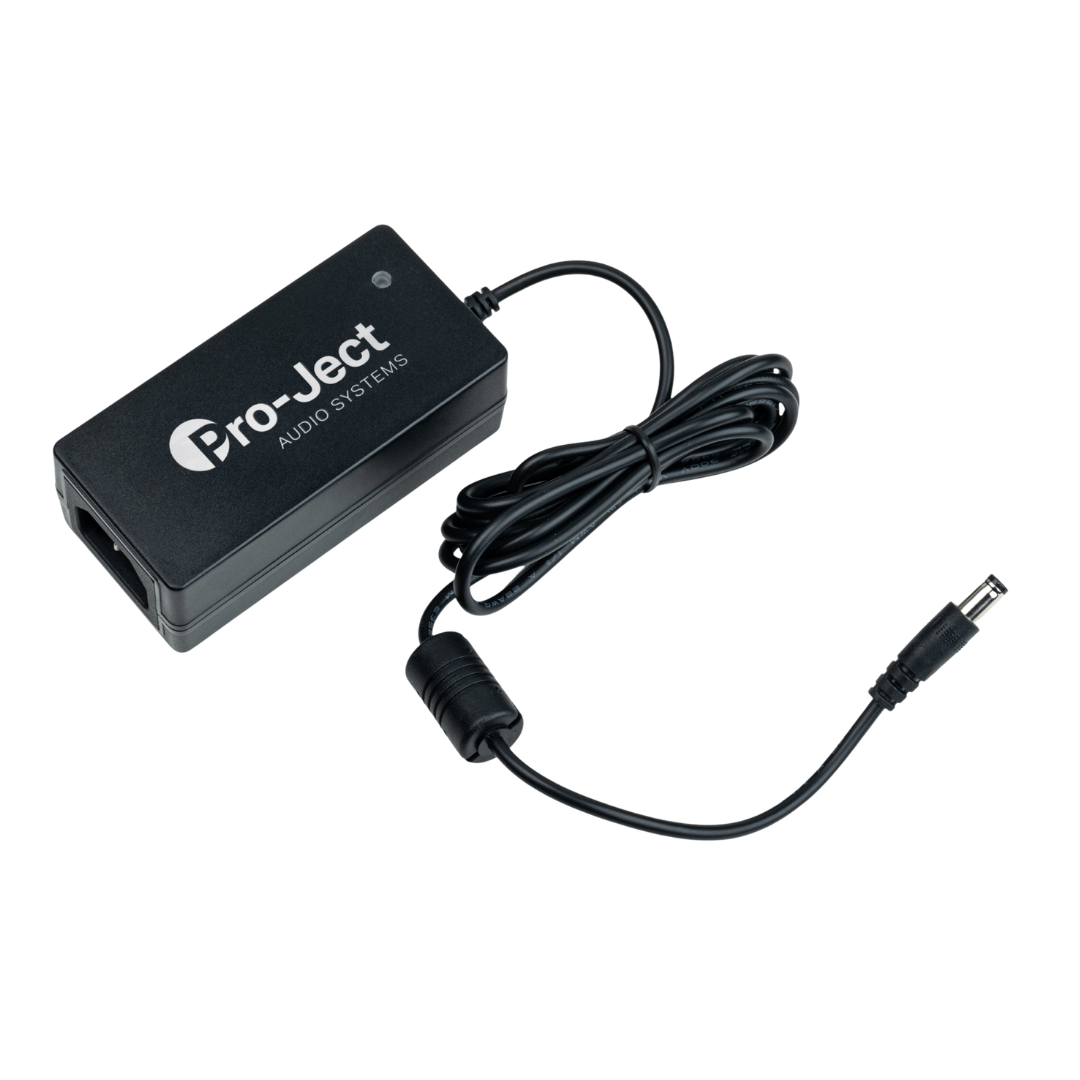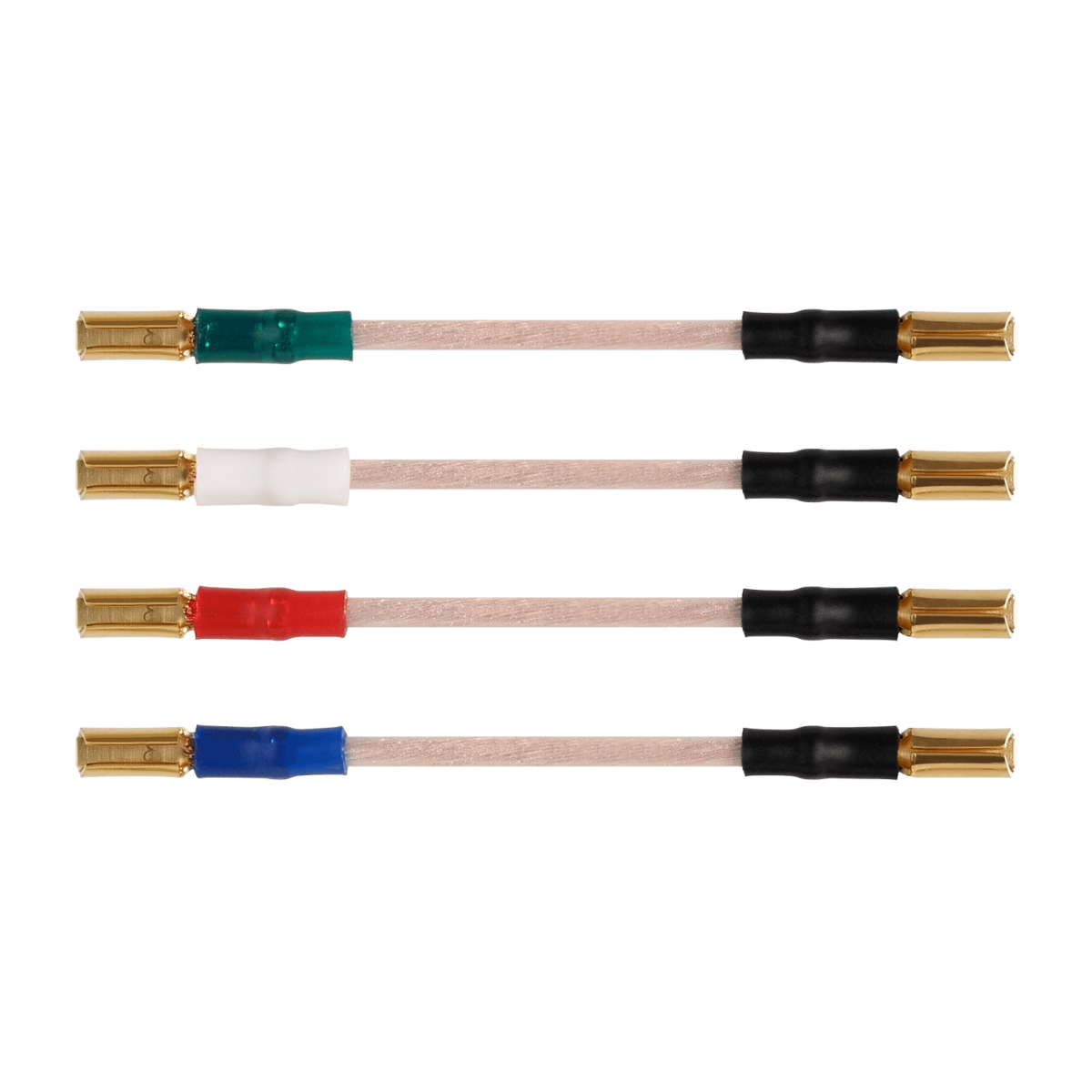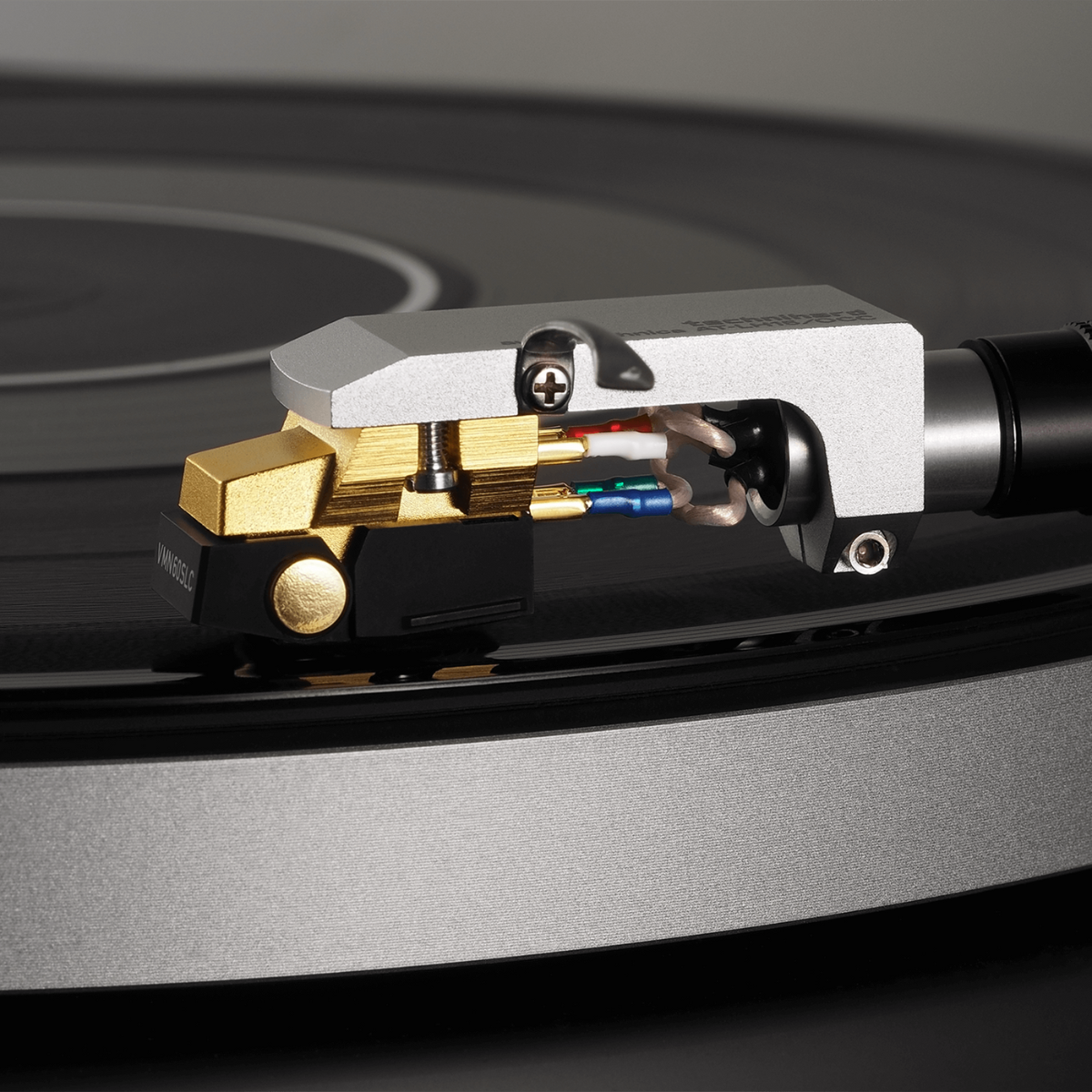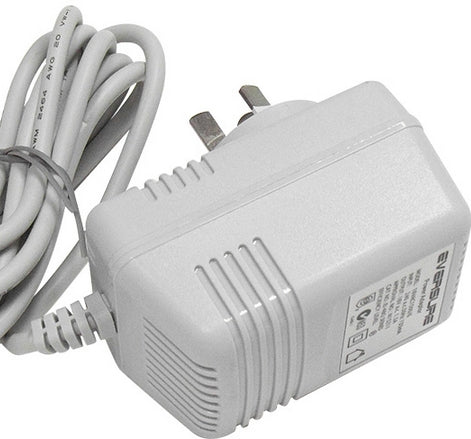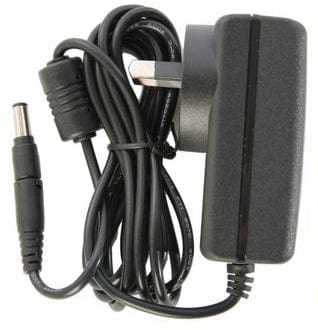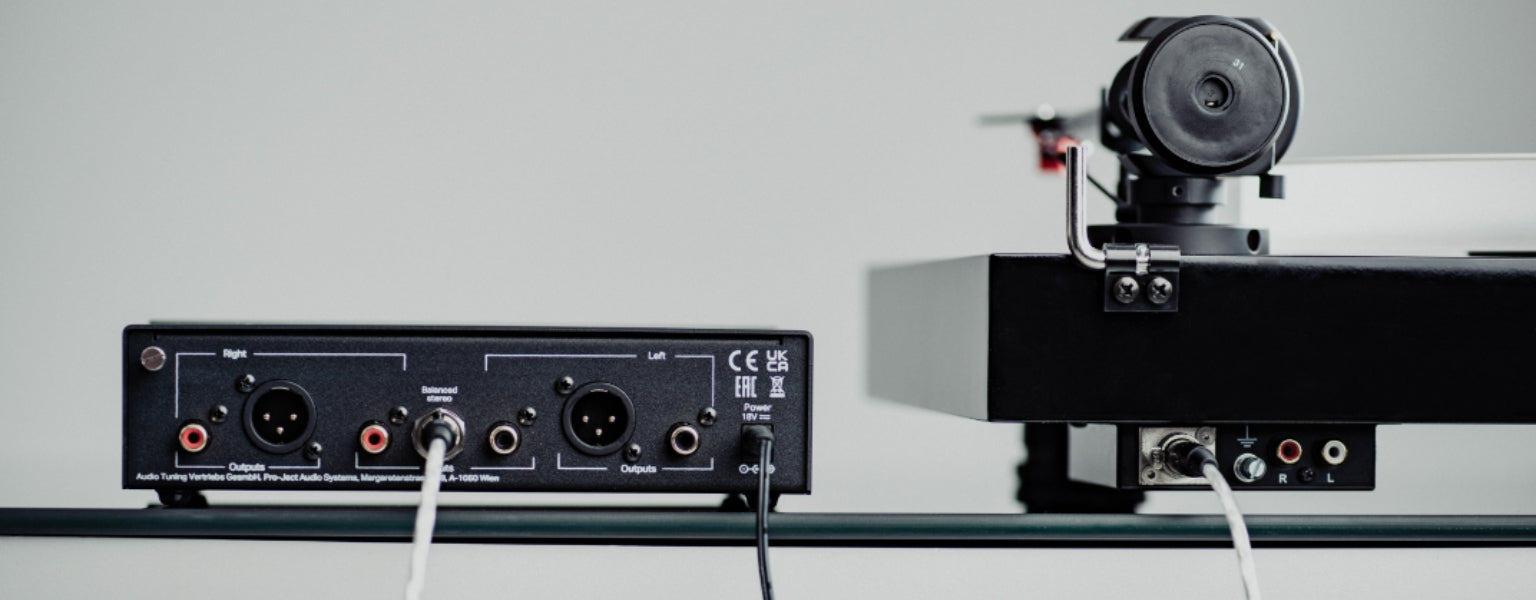
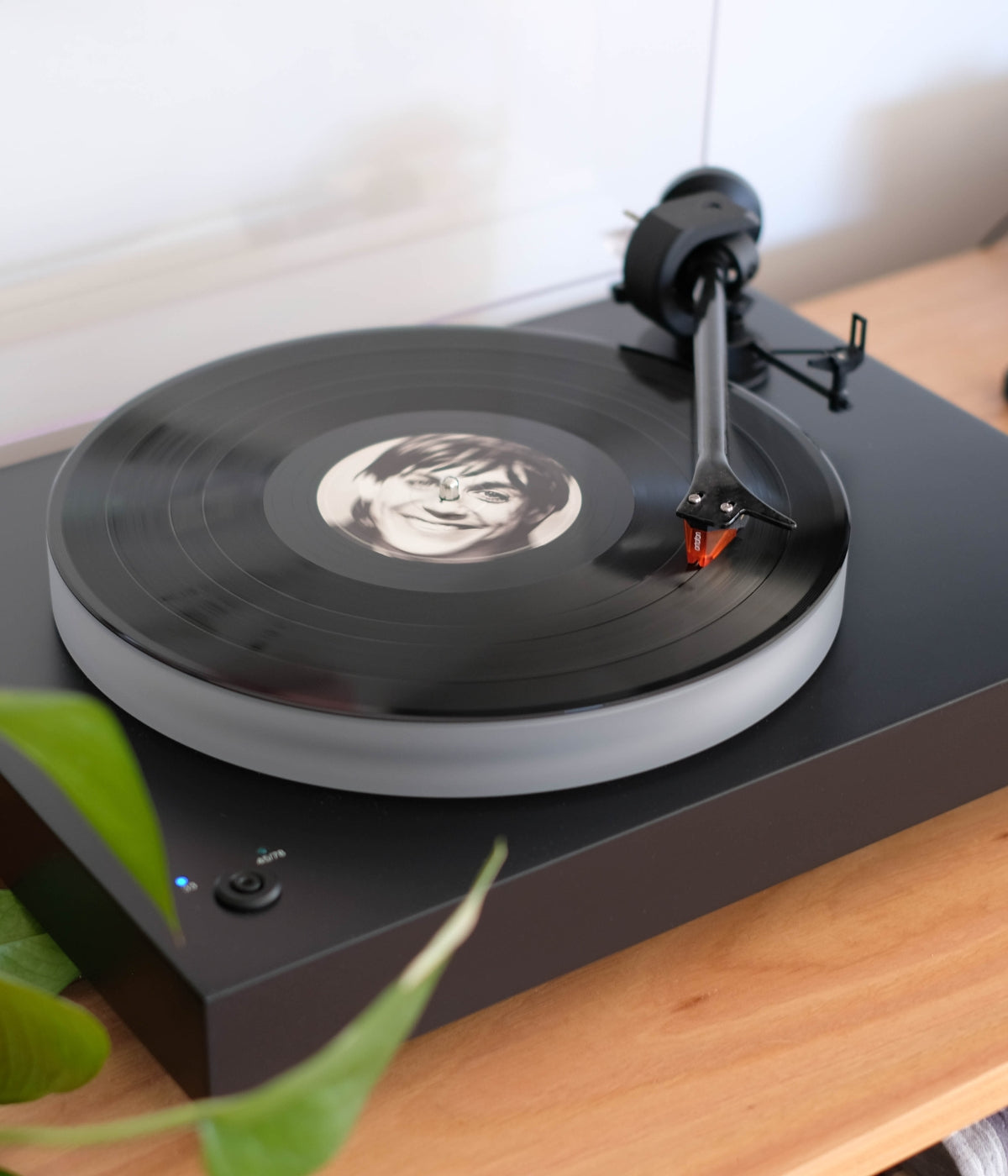
Turntable & Phono Cables
Filters
12 products
TELL ME MORE ABOUT
Turntable & Phono Cables
The magic of vinyl isn't just in the turntable or the record itself; it's also in the intricate dance of connectivity that brings... Read More
The magic of vinyl isn't just in the turntable or the record itself; it's also in the intricate dance of connectivity that brings that sound to life. Enter the realm of turntable and phono cables.
What is a Turntable Phono Cable?
A turntable phono cable is a specialized connector designed to transmit the delicate analog signals generated by a turntable's cartridge to a phono preamplifier or a receiver's phono input. This transmission is crucial, as the signals from vinyl records are inherently low in volume and require amplification without compromising the intricate details and nuances of the audio.
The phono cable's primary role is to ensure that this analog signal, with all its warmth and depth, is conveyed with minimal interference or distortion. Given the sensitivity of the signal, these cables are often constructed with high-quality materials and shielding to protect against external interferences, such as electromagnetic or radio frequency disturbances.
Furthermore, turntable phono cables are distinct from regular audio cables due to their grounding wire. This grounding wire, often attached to the cable, plays a vital role in preventing the hum or buzz that can sometimes plague vinyl playback systems. It ensures a clean, grounded connection between the turntable and the amplifier or receiver.
In essence, while they might resemble other audio cables at a glance, turntable phono cables are engineered specifically for the unique demands of vinyl playback, ensuring that every spin of a record translates into a pristine and immersive audio experience.
The Key Different Turntable Cable Types
There are a few different types of cable types that can fall under the umbrella of 'Turntable Cables' that are worth knowing about as they serve different purposes.
Some of these are much more common than others, but here are some of the key types you might encounter (or even be looking for!):
-
RCA Cables: The most common type, RCA cables are used to connect the turntable to the phono preamp or receiver. They come in pairs, typically colour-coded red and white or red and black, representing the right and left channels, respectively.
-
Grounding Wires: Often attached to RCA cables or sometimes separate, these wires prevent electrical hum by grounding the turntable to the amplifier or receiver.
-
Balanced XLR Cables: Found in high-end turntables and audio setups, XLR cables offer balanced audio transmission, reducing noise and interference. They're ideal for longer cable runs and professional environments.
-
5-Pin DIN Cables: Some vintage turntables, especially European models, utilize 5-pin DIN connectors. These cables combine audio and grounding in a single connection.
-
Tonearm Cables: Specifically designed to connect the tonearm to the phono stage, these cables are crafted to handle the delicate signals from the cartridge with utmost fidelity.
How to Choose a Turntable Phono Cable
Selecting the right turntable phono cable is essential to ensure the best possible sound quality and performance from your vinyl setup.
Here are some key considerations to guide your choice:
-
Compatibility: Ensure the cable connectors match your turntable and amplifier or phono preamp. Most turntables use RCA connectors, but some high-end or vintage models might require XLR or 5-pin DIN connectors.
-
Cable Length: Opt for a cable length that suits your setup without excessive slack. However, avoid overly long cables, as they can introduce potential signal degradation.
-
Shielding: Given the sensitivity of phono signals, choose cables with robust shielding to protect against external interferences, such as electromagnetic or radio frequency disturbances.
-
Grounding Wire: Ensure the cable comes with a grounding wire or is integrated into the design, especially if you experience electrical hum in your setup.
-
Material Quality: Gold-plated connectors can offer better conductivity and are resistant to corrosion. High-purity copper or silver conductors can also enhance signal transmission.
-
Flexibility and Durability: A flexible cable can be easier to manage, but ensure it's also durable, especially if your setup will be frequently adjusted.
Final Thoughts
Turntable phono cables may seem like simple connectors, however, their quality and type can significantly influence the audio output. By investing time in understanding the nuances of different cable types and making an informed choice, you ensure that every note, melody, and nuance of your vinyl collection is presented with clarity and authenticity.
Some Quick FAQ:
What should I look for when buying phono cables?
When buying phono cables, you should consider factors such as the quality of the connectors, the cable length, and the materials used. It is also important to choose cables that are terminated with high-conductivity RCA connectors for a tight fit that won't come loose.
What is the difference between RCA phono cables and RCA to RCA cables?
RCA phono cables are specifically designed for connecting the turntable's phono output to a phono stage or amplifier. RCA to RCA cables, on the other hand, can be used for various audio and video connections.
Can I use regular audio cables instead of phono cables?
It is not recommended to use regular audio cables instead of phono cables because phono cables are designed to provide the required impedance and signal level matching for turntables. Regular audio cables may result in poor sound quality or damage to the equipment.
Are phono cables available in different lengths?
Yes, phono cables are available in various lengths to accommodate different setups and distances between components.
Can I use phono cables for other audio equipment?
Yes, phono cables can typically be used to connect other audio equipment that uses RCA connectors, such as CD players, preamplifiers, or integrated amplifiers. However, phono cables typically carry a much lower signal level than standard line-level devices like CD players so may not perform as you need. Ultimately - it is worth getting the right cable for the right application.
NEED MORE GUIDANCE?
We are here to help
Check out some of our most commonly asked questions.
What do I need to play records?
Getting into vinyl? That’s awesome! We have some curated turntable Hi-Fi packs, with everything you'll need to get spinning right away. But if you want to build your own, read on for all the details.
First off, you'll need a turntable. It's the star of the show, so make sure it’s in good nick, with a decent cartridge and stylus (needle).
Next, there’s the phono preamp. Some turntables or amplifiers come with one built-in, but if yours doesn’t, you’ll need one as a bridge between your turntable and amplifier or powered speakers.
For the sound output, you’ve got two options. You can go with a traditional setup involving an integrated amplifier to take the signal from your phono preamp and power your passive speakers. Alternatively, you can opt for powered speakers, which have the amplifier built in – a handy all-in-one solution.
Speaking of speakers, good ones are a must for that rich, warm vinyl sound we all love. Whether you go for bookshelf or floorstanding speakers (or powered ones) depends on your space and budget.
And there you go! With these essentials, you’ll be ready to dive into your vinyl collection and enjoy that classic sound.
What can a wireless speaker do?
Wireless speakers are a game-changer for how you enjoy music and audio around the house. First off, they let you stream music wirelessly from your phone, tablet, or computer, so no more messing about with cables. You can easily play tunes from Spotify, Apple Music, Tidal or whatever streaming service you fancy.
If you’re into having music everywhere, many wireless speakers offer multi-room audio. You can sync them up to play the same music in every room or control what plays in each room individually, perfect for parties or just keeping the vibes consistent throughout your home.
Voice control is another brilliant feature. Many come with built-in assistants like Alexa, Google Assistant, or Siri. You can control your music with just your voice, ask for the weather, set reminders, or even control other smart home devices.
Sound quality? These little gadgets often pack a punch, delivering high-quality audio that can rival traditional wired setups. Some even offer 360-degree sound, filling the room with music from every angle.
In a nutshell, wireless speakers bring flexibility, convenience, and top-notch sound to your audio experience, making them a fantastic addition to any home. Whether you’re hosting a party, working from home, or just chilling out, they make listening to music a breeze.
How do you choose the right speaker & amplifier combination?
Deciding on a good speaker and amplifier combination is like putting together a perfect wine and cheese pairing—it’s all about balance and harmony. Here’s a conversational guide to help you through it:
First, consider your speakers. These are your main players, so you want to choose ones that fit your space and listening preferences. If you love deep bass and have a bit of room, floorstanding speakers might be your go-to. For smaller spaces or a more subtle look, bookshelf speakers are fantastic.
Now, onto the amplifier. This is where things get interesting. Your amp needs to match your speakers in terms of power and impedance. Check the wattage ratings on your speakers—your amplifier should provide enough power to drive them properly. Too little power and you’ll be missing out on sound quality; too much, and you risk damaging your speakers.
Next, think about the impedance (measured in ohms). Your amp and speakers should be compatible here too. Most speakers are rated at 8 ohms, but some can be 4 or 6. Make sure your amplifier can handle the impedance of your speakers to avoid any performance issues.
Another important factor is the type of sound you’re after. Some amps are known for their warm, rich tones, while others might be more neutral or even slightly bright. It’s a bit like choosing between a vinyl record and a digital stream or CD —each has its own charm. If possible, listen to different amp and speaker combinations to see what sounds best to your ears.
If purchasing online, note that at LE, we have made recommendations on speaker & amplifier combinations that we think sound wonderful together within each product listing.
Don’t forget about connectivity and features. Modern amplifiers often come with a host of options like Bluetooth, Wi-Fi streaming, and various inputs for all your devices. Make sure your amp has the inputs you need for your turntable, CD player, or streaming device.
Finally, consider your budget. Great sound doesn’t always mean breaking the bank, but be prepared to invest to get a quality setup that will last.
In the end, trust your ears. Listen to a few combinations if you can, and go with what makes your music sound the best to you.
Why do I need a headphone amplifier?
If you’re diving into the world of high-quality audio, a headphone amplifier can be a real game-changer. Think of it like this: most standard devices, like your smartphone or laptop, just don’t have the oomph needed to drive headphones properly. They might get the job done, but they won’t do your music justice. A headphone amp gives your headphones the power they need, ensuring you get the volume and clarity that really makes your music shine.
It’s not just about making things louder, either. A good headphone amp can significantly improve sound quality. You’ll get clearer highs, richer mids, and tighter bass, making your favourite tracks sound even better. You might notice details you’ve never heard before, especially if you’re listening to high-resolution audio files.
Premium headphones often have higher impedance, meaning they require more power than your typical audio source can provide. A headphone amp can handle this with ease, making sure your headphones perform at their absolute best. Plus, many amps come with extra features like bass boost, equalisation, and gain control, giving you more ways to tweak the sound to your liking.
In short, if you’re passionate about your music and want to hear it in the best possible way, a headphone amplifier is definitely worth considering. It’s all about unlocking the full potential of your gear and really getting the most out of your listening experience.
Where should I start when designing a home cinema?
Designing your own home cinema? That's awesome! We are here to help walk you through the process, but as a starting point, here’s what we would recommend and where to kick things off:
First up, pick your spot. For most people this is your existing lounge room, but if you have an underused garage, or spare bedroom, then you have an opportunity to create your very own true Home Cinema experience. Find a room that’s just right—not too cramped and ideally away from noisy areas. This sets the stage for that immersive movie experience.
Next, think about how you’ll set things up. Plan where your seats will go and where to place your projector screen for the best view from every angle. It’s all about creating that comfy, cinematic vibe.
Sound matters, too. Consider if you want a wireless system for simplicity or a full surround sound speaker system with AV receiver for that surround-sound thrill. Think about soundproofing or adding acoustic panels or thick carpets to really amp up the audio quality of the room.
Now, onto the screen. Decide between a crisp TV or a projector setup, depending on your room size and personal style. Maybe even throw in some dimmable lights or smart lighting to set the mood just right.
And hey, don’t forget comfort. Invest in plush cinema seating and think about the décor—whether it’s movie posters, blackout curtains, or popcorn machine & bar area, whatever gives you that true cinema feel.
Lastly, tech it up! Make sure everything—from your Blu-Ray player & Apple TV to your gaming consoles—is set to sync perfectly with your new setup.
With these steps, you’re on your way to creating a home cinema that’s not just a space, but an experience. Enjoy movie nights like never before!

